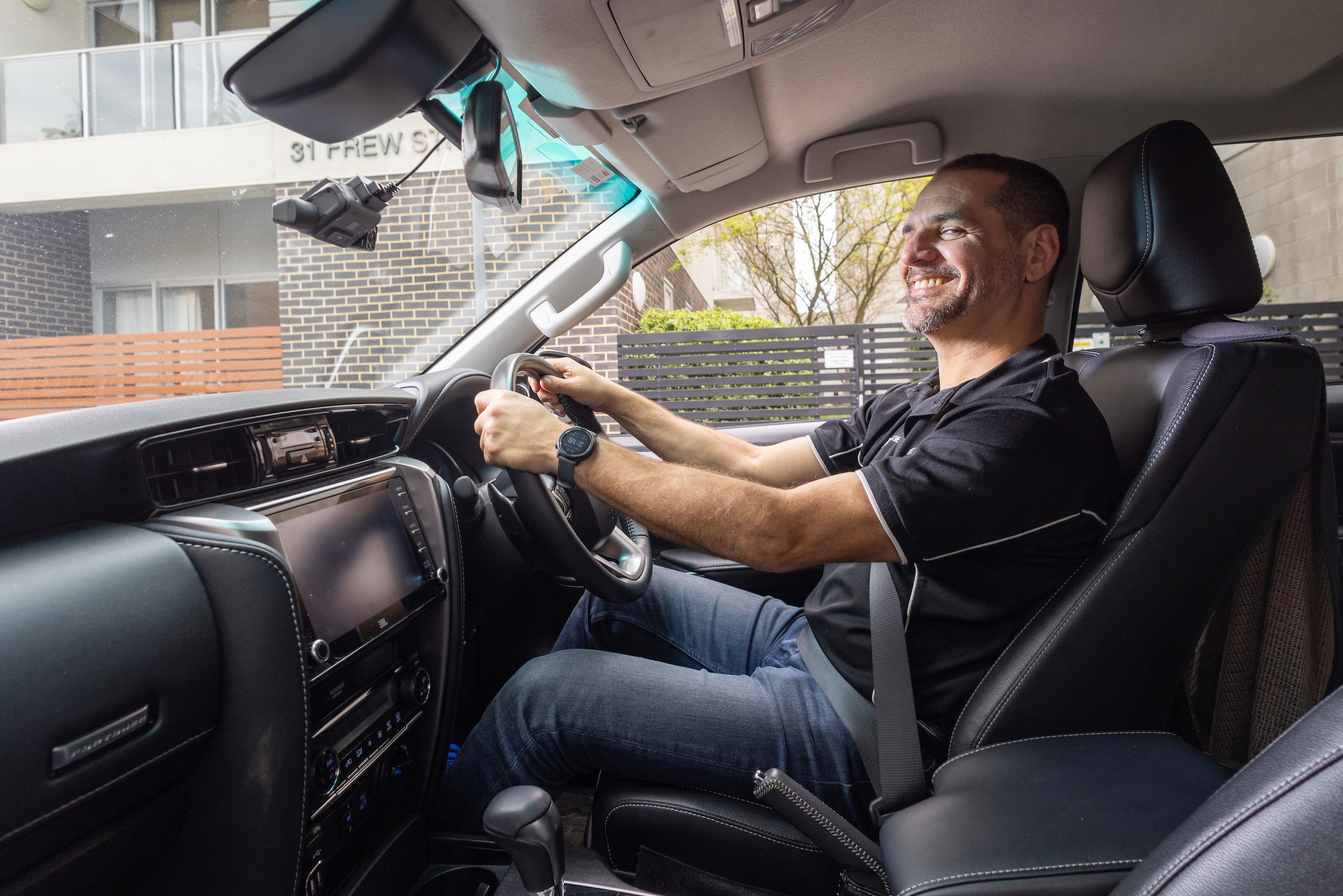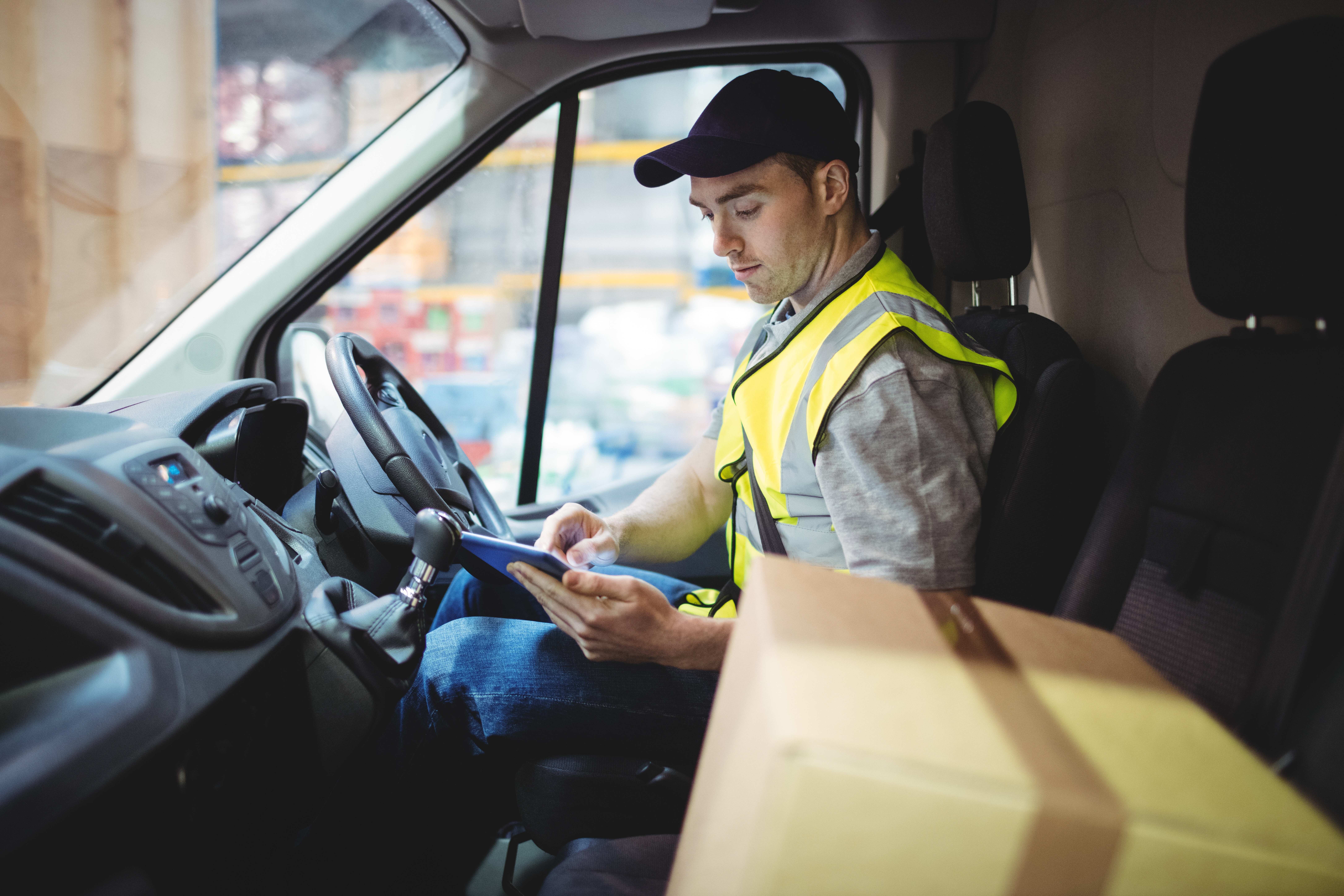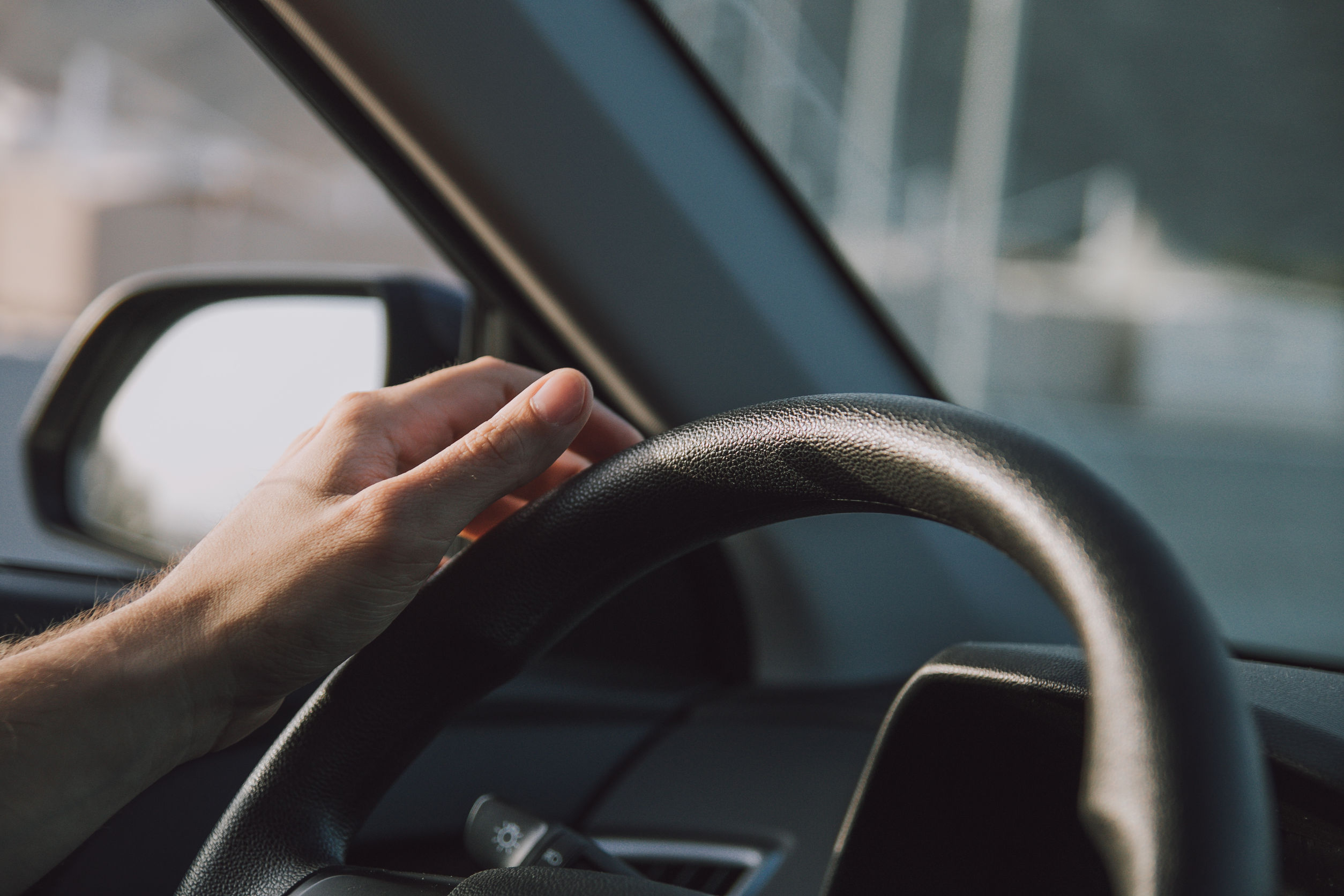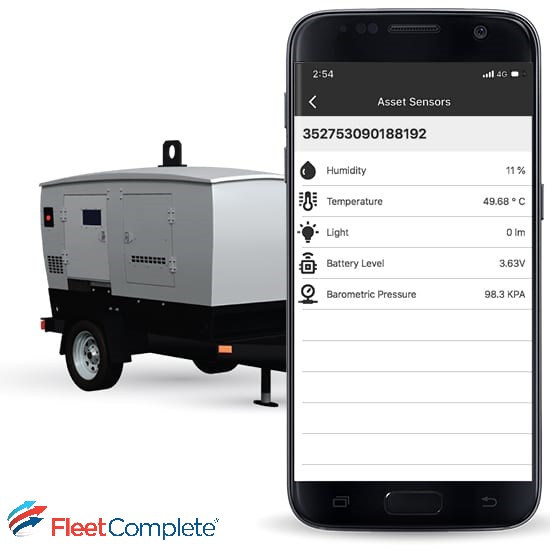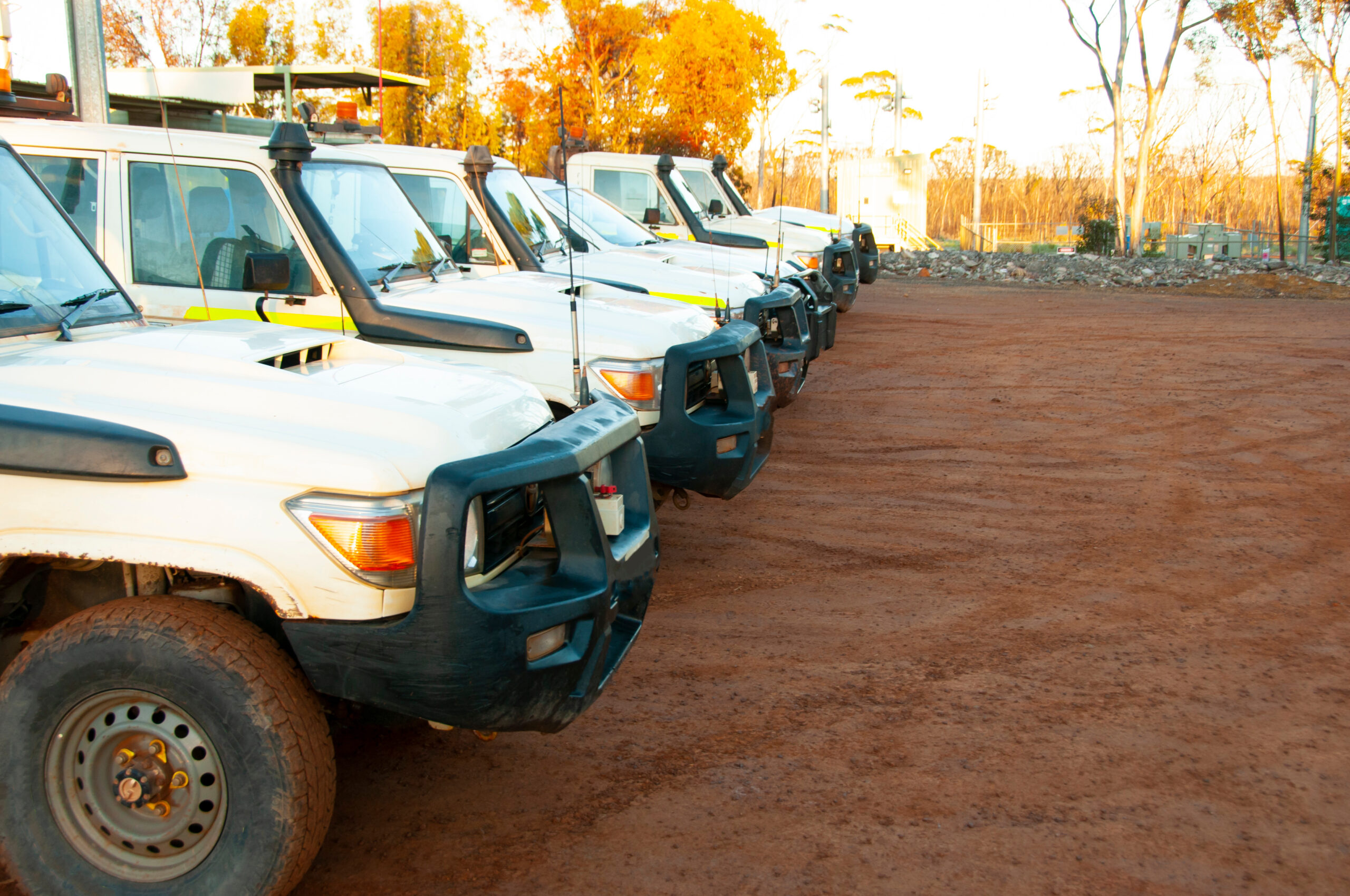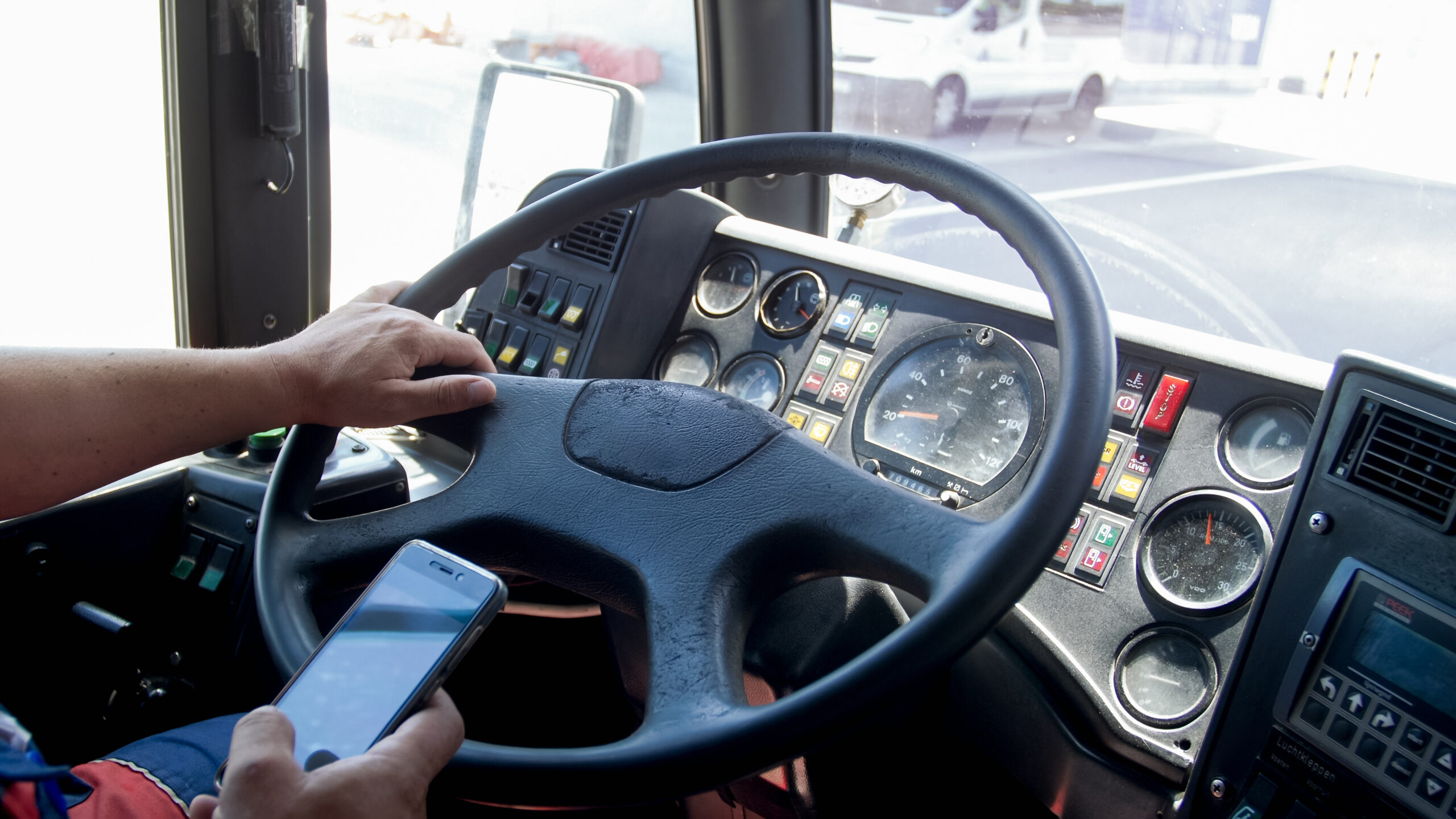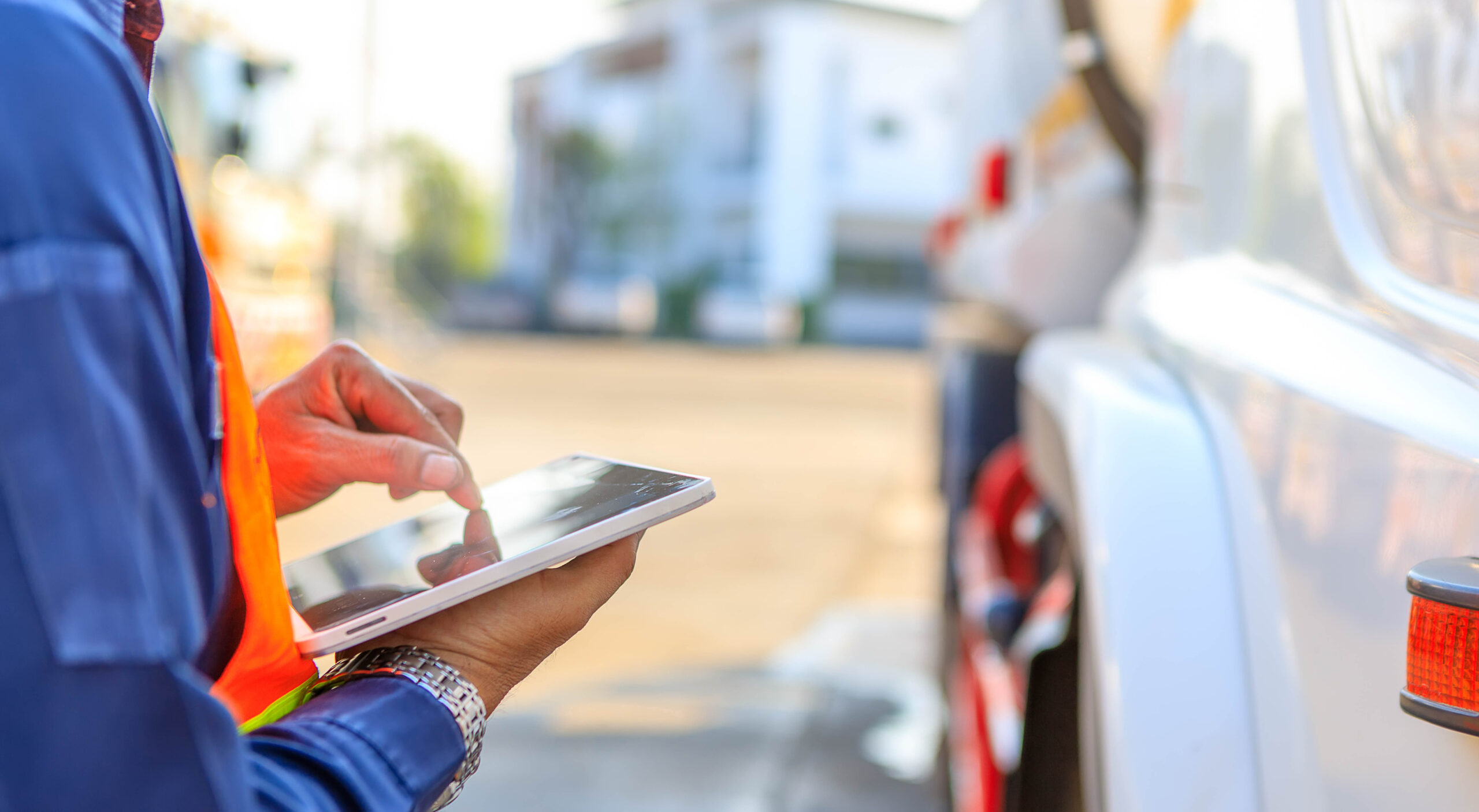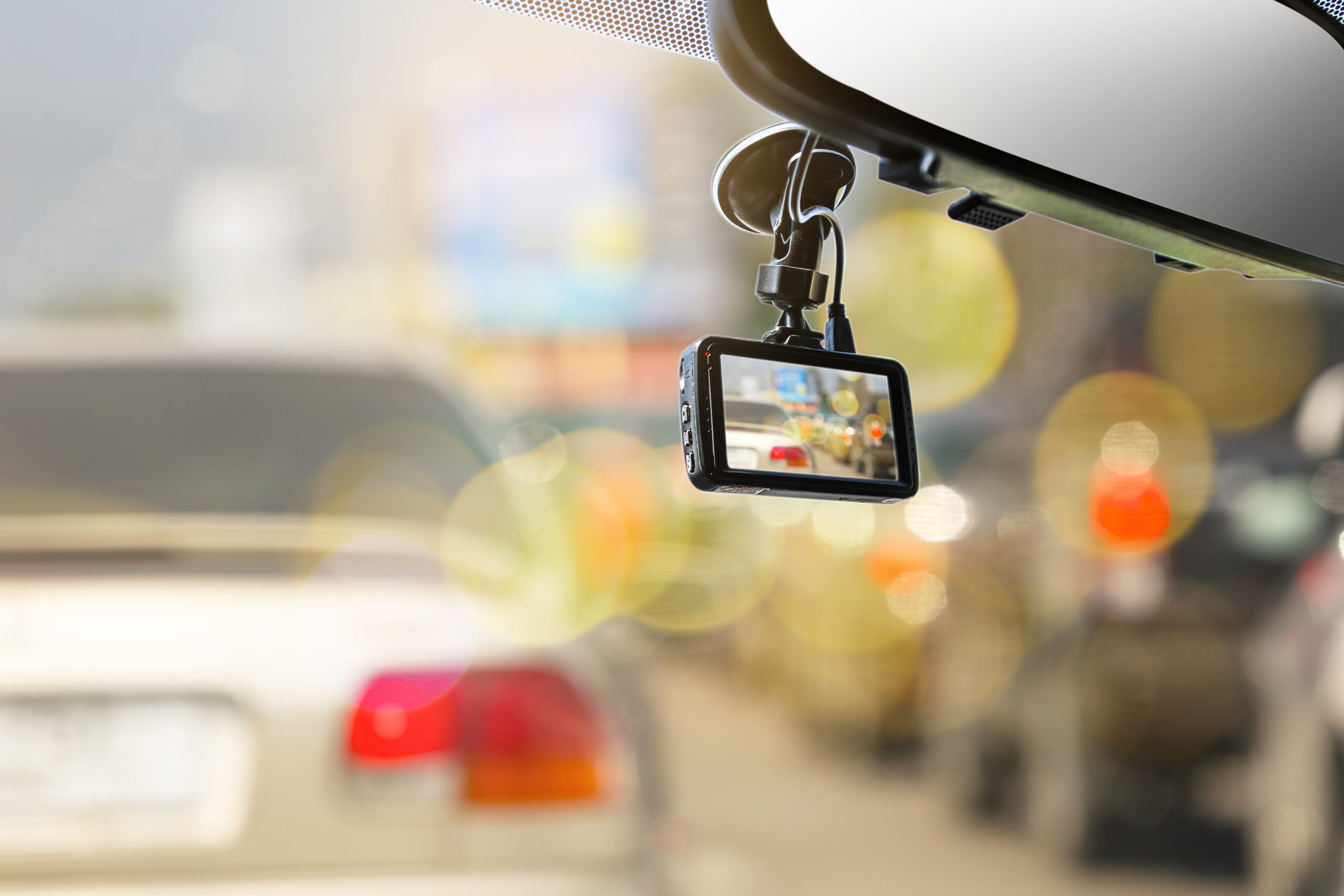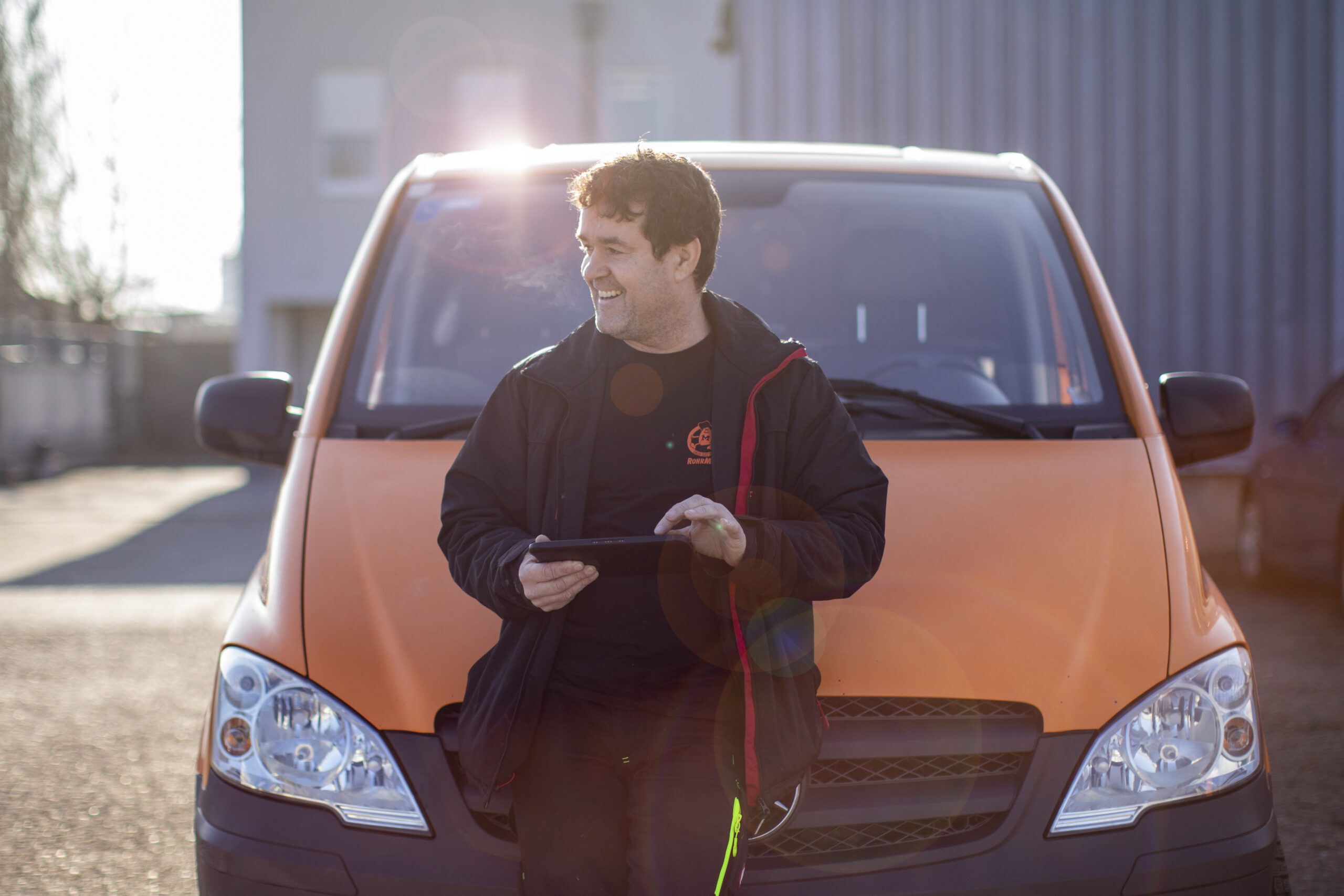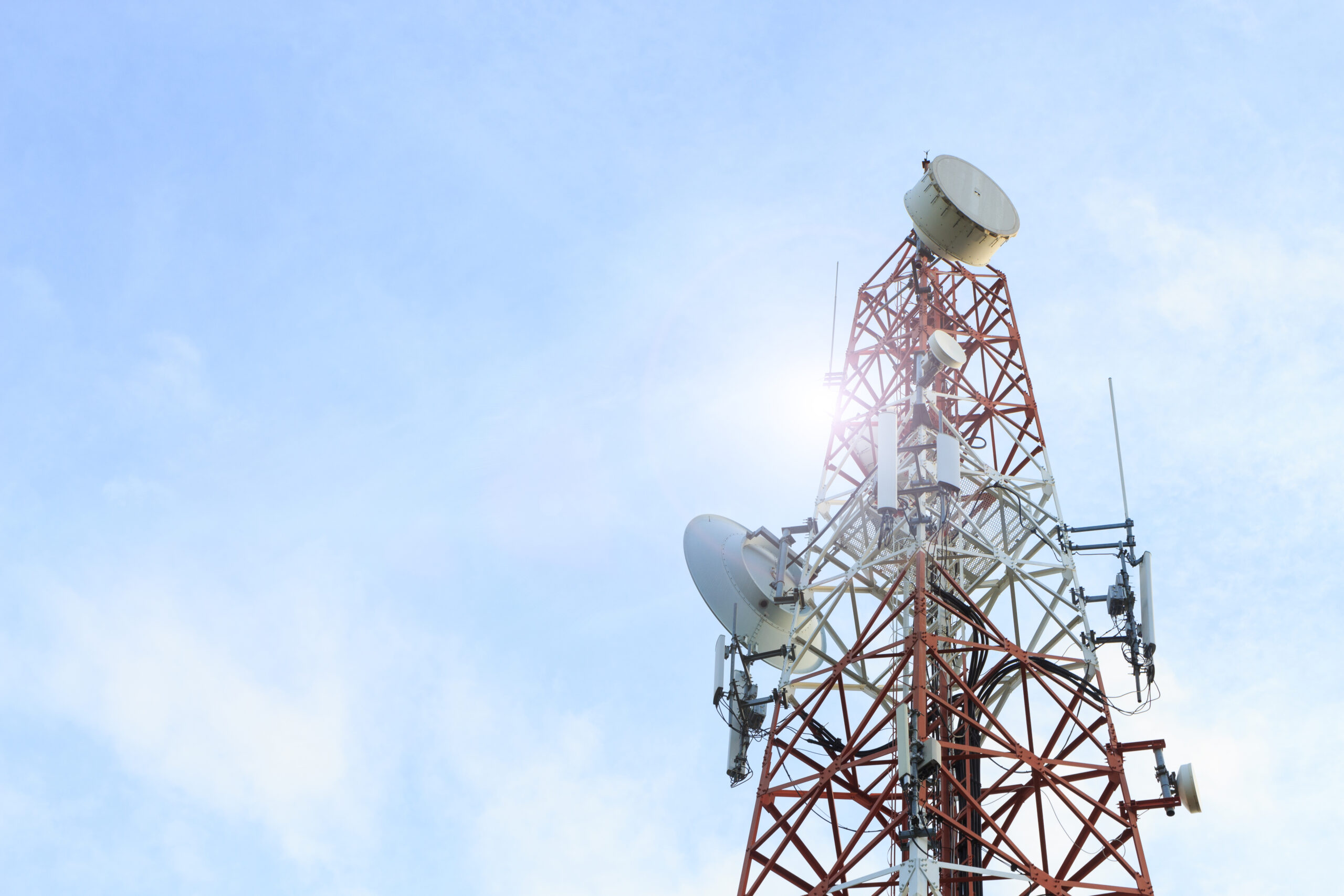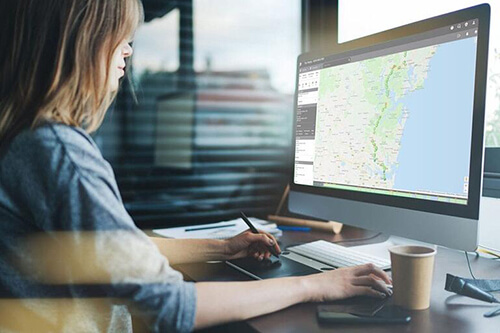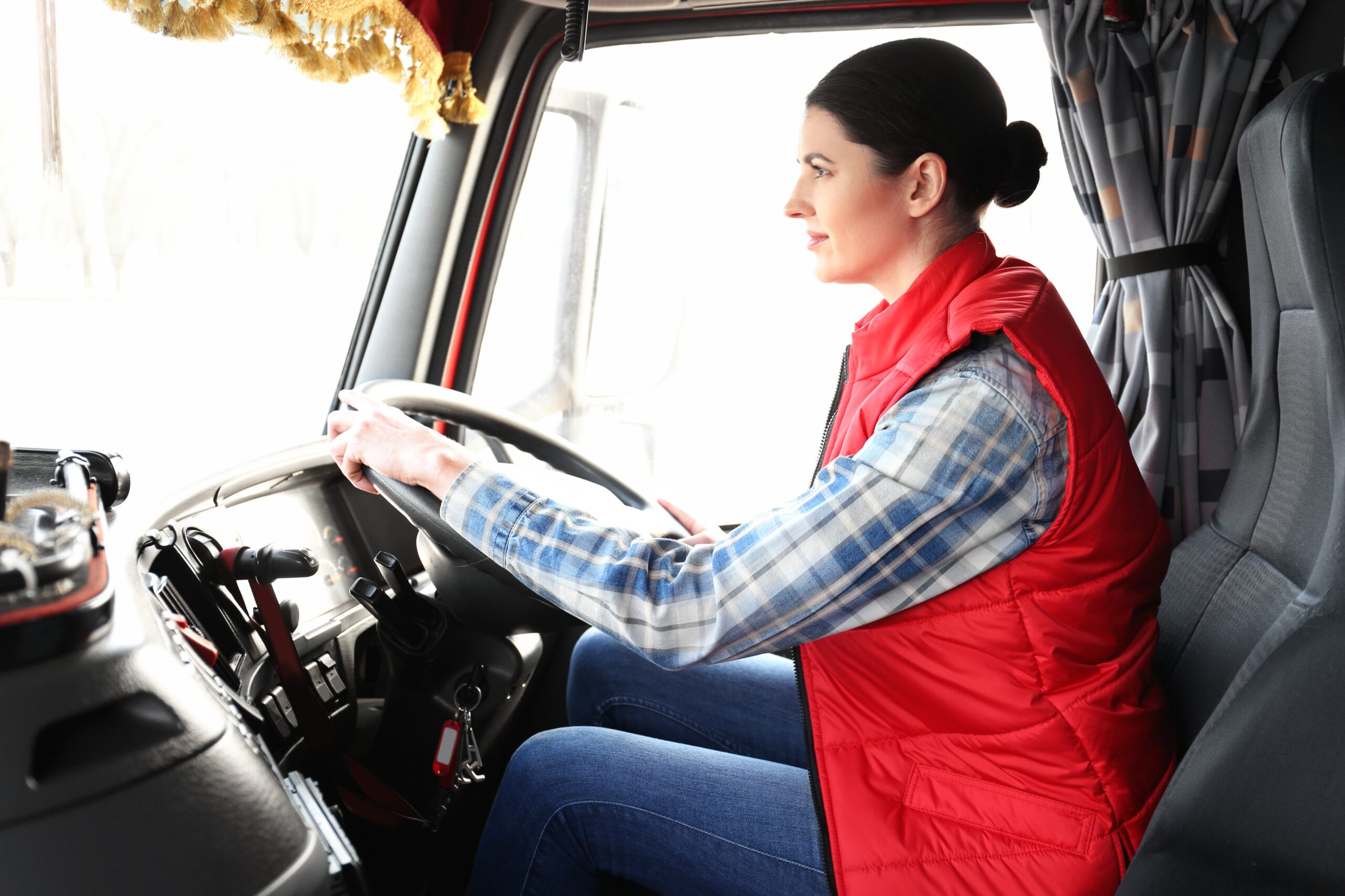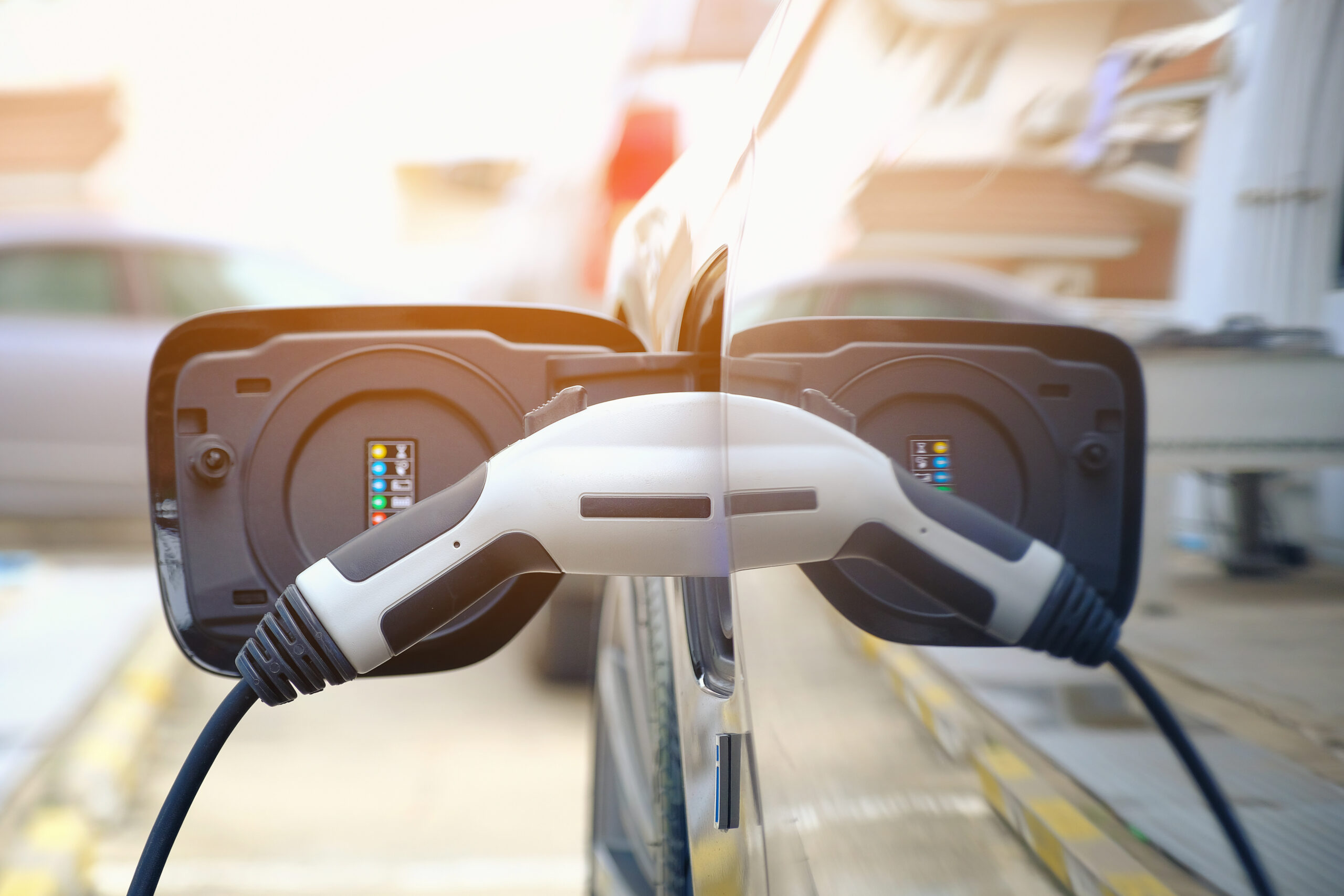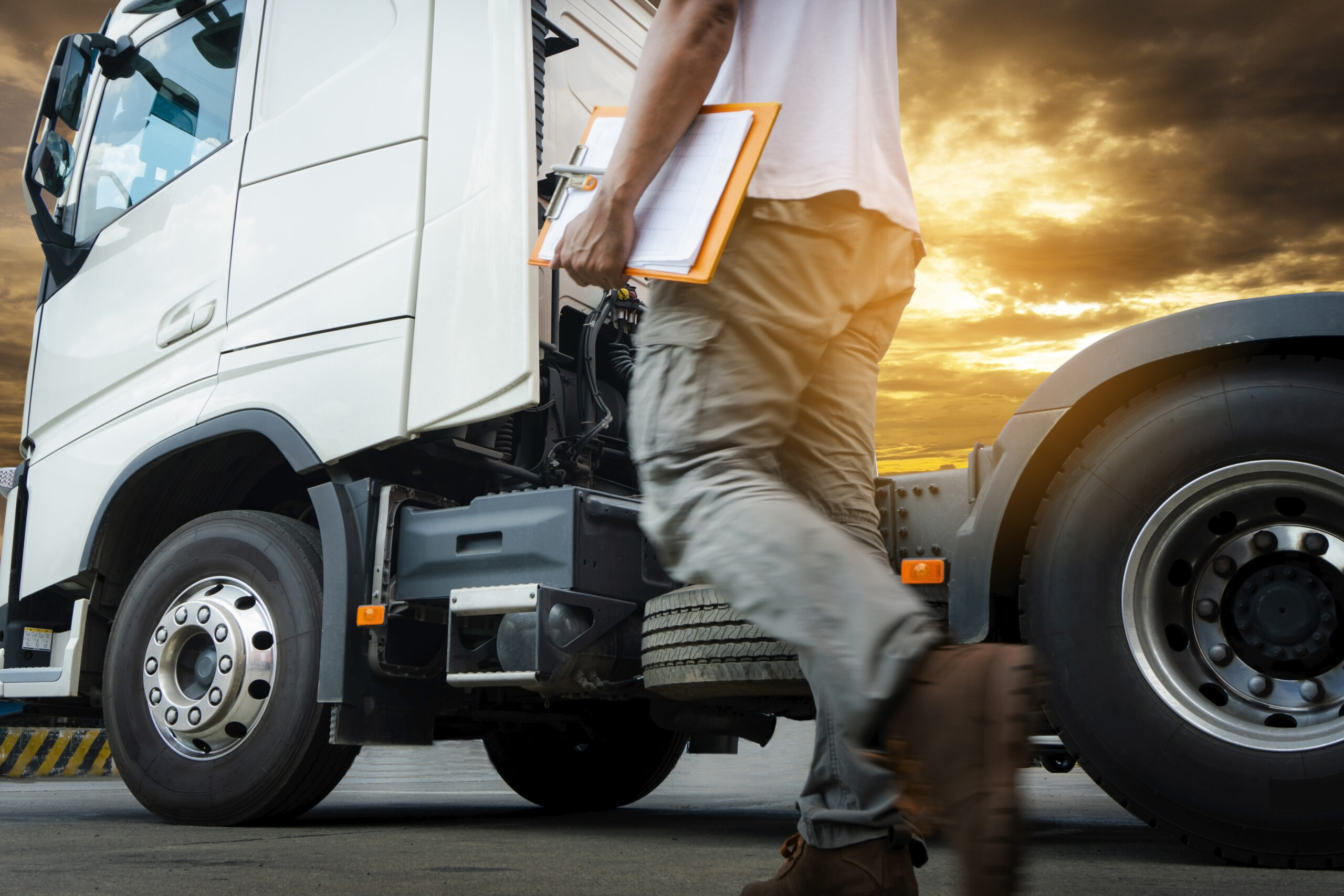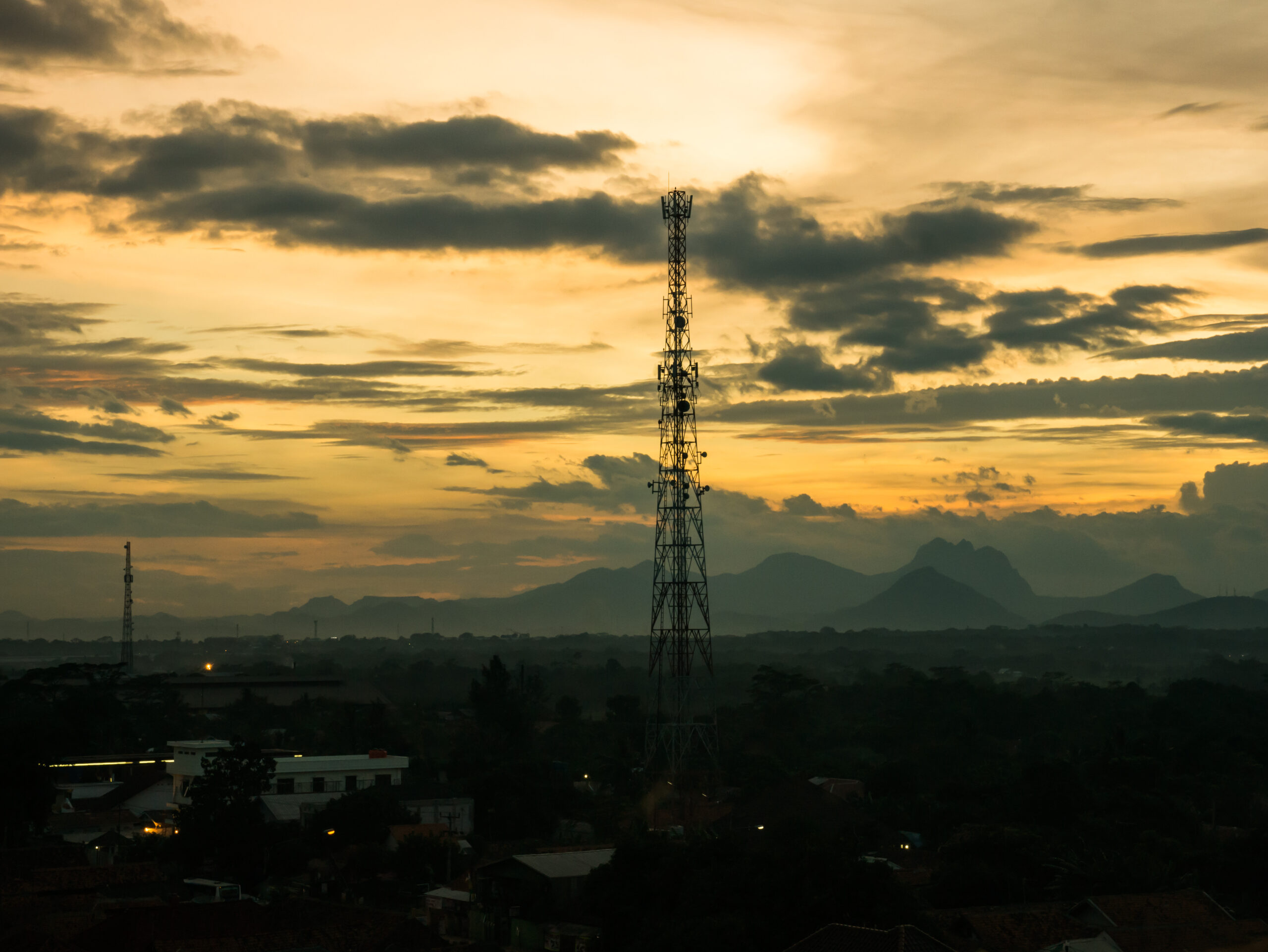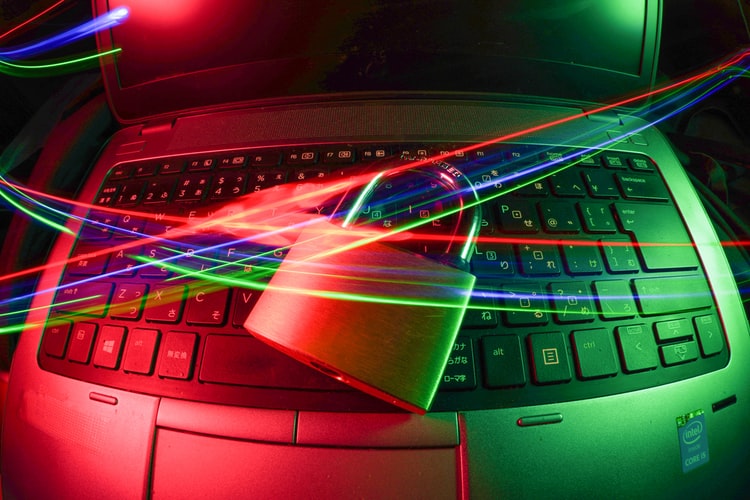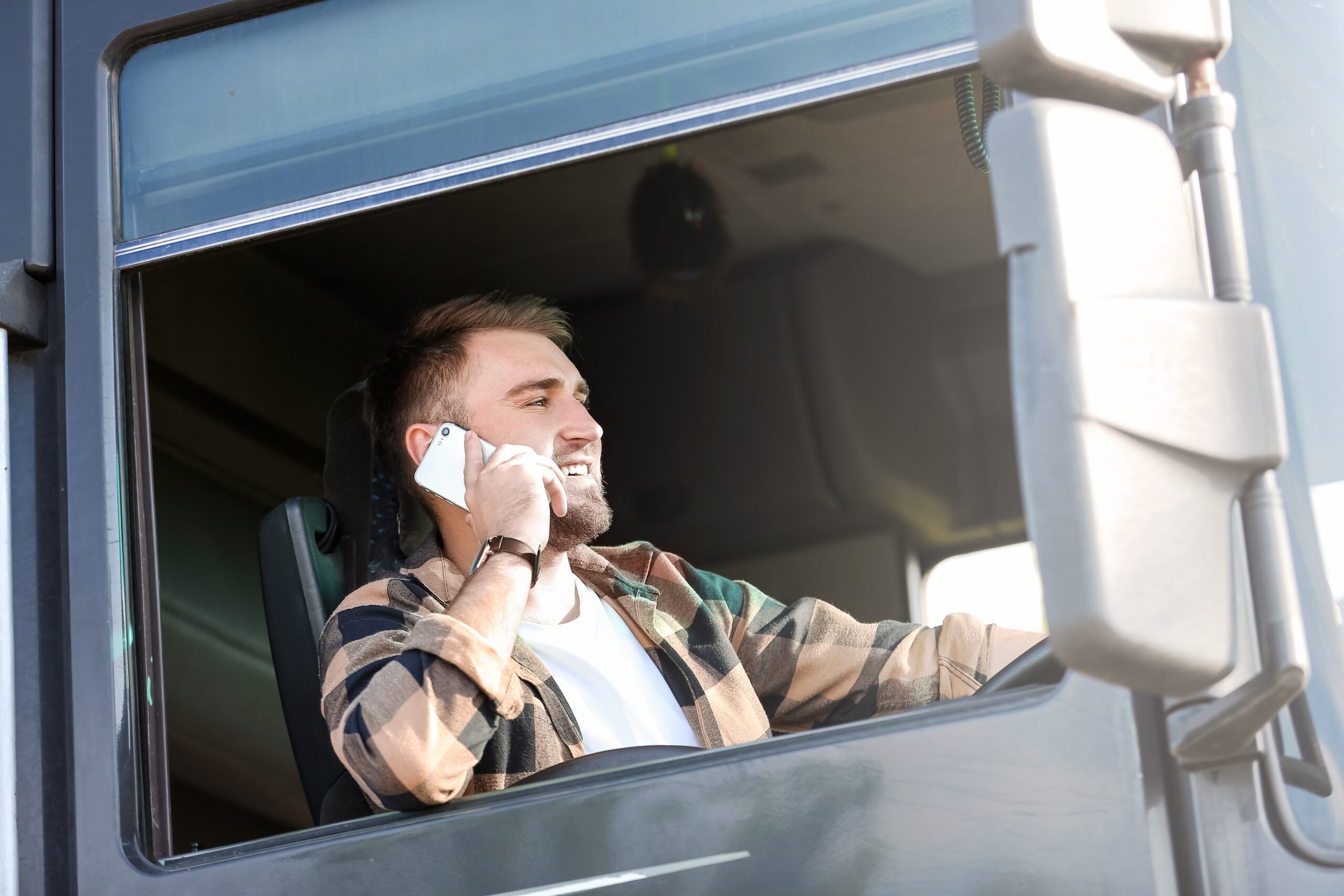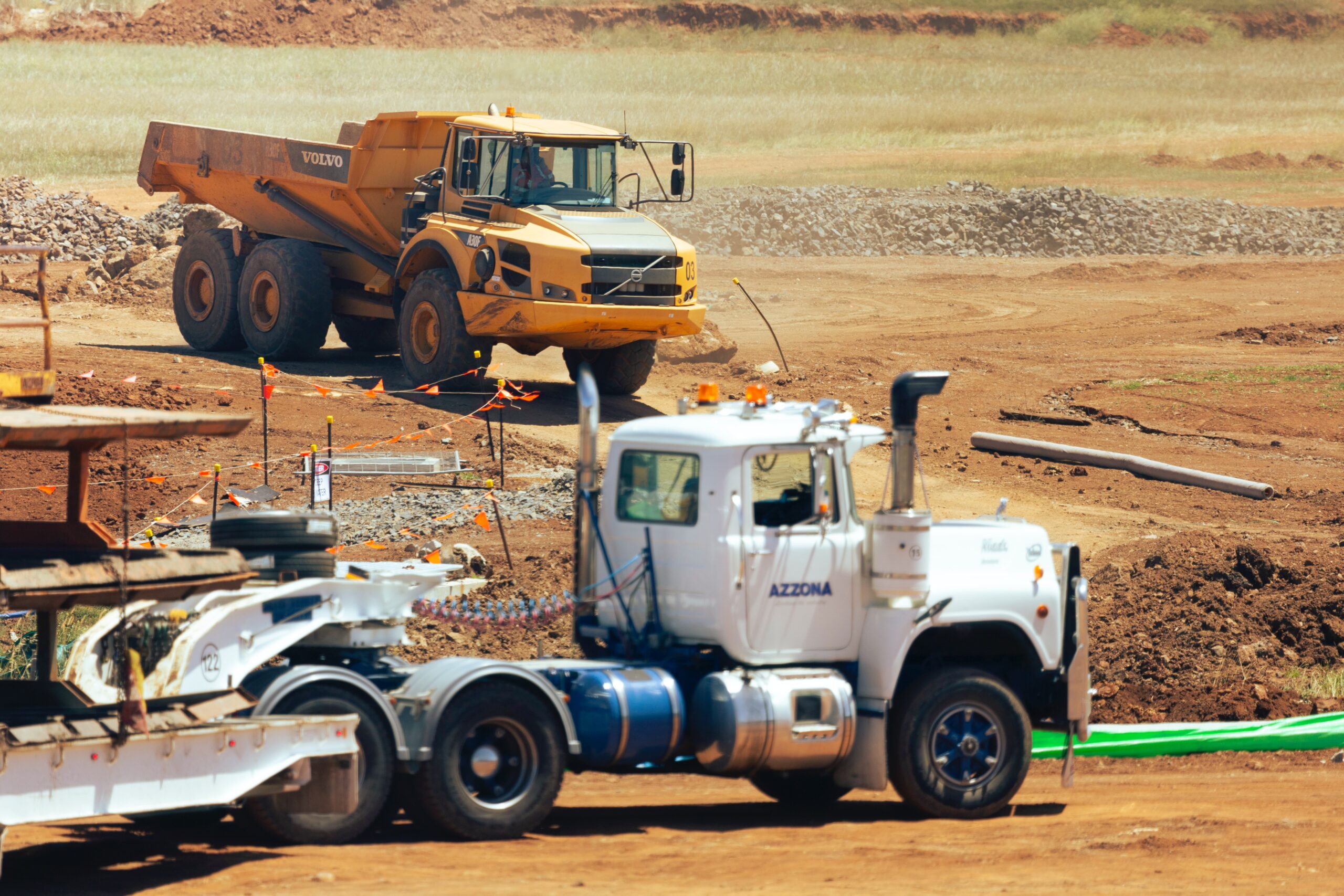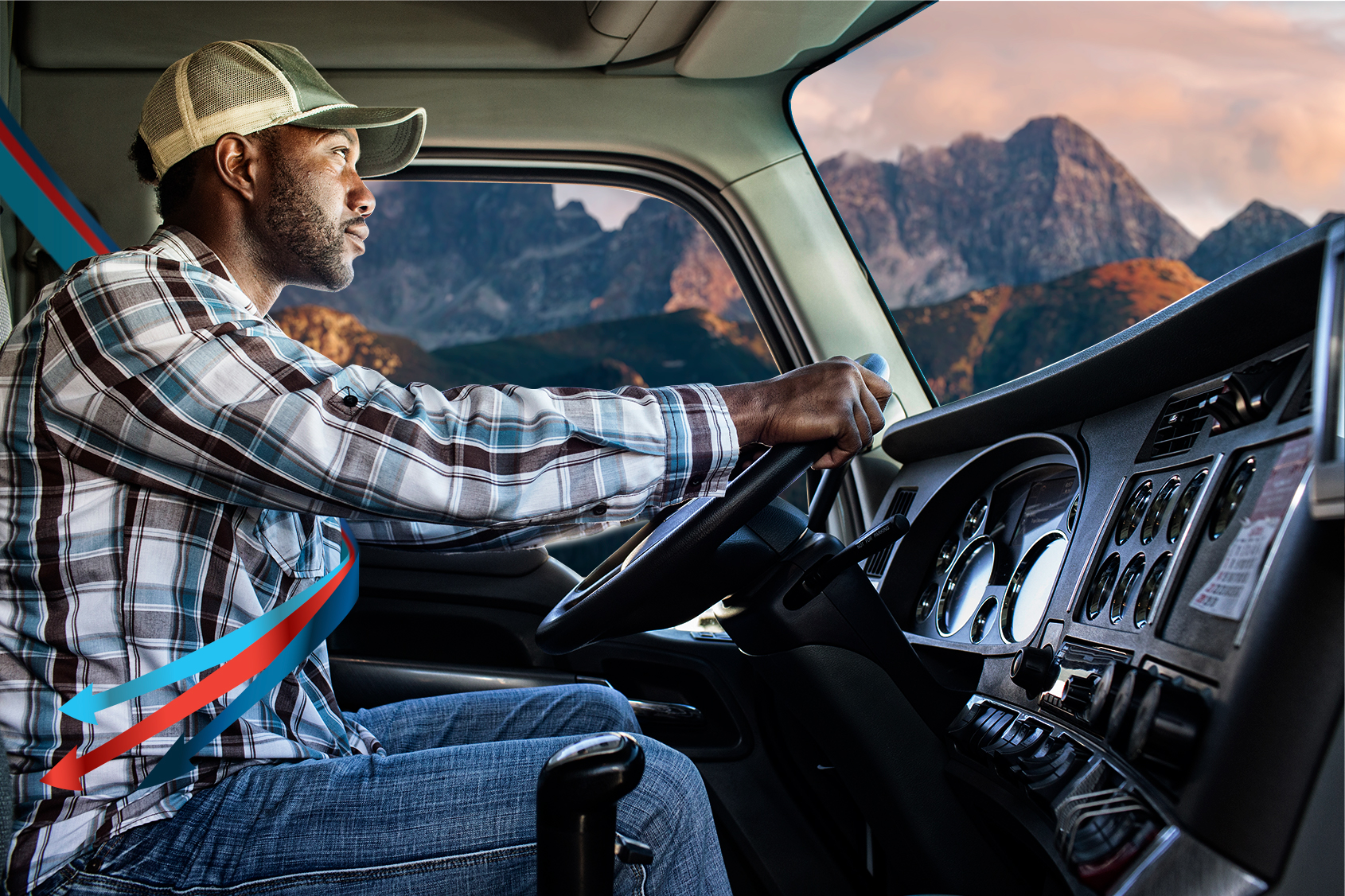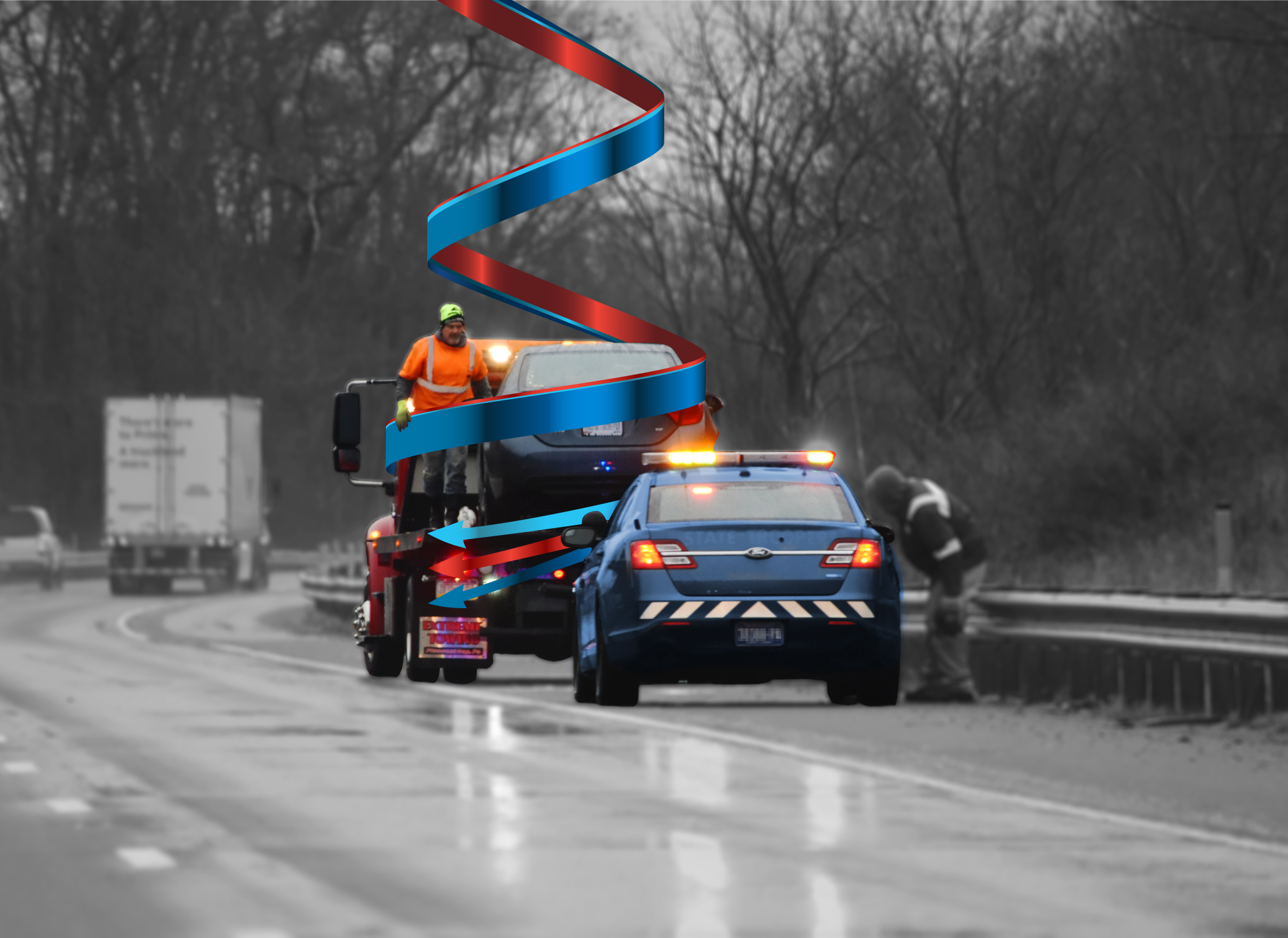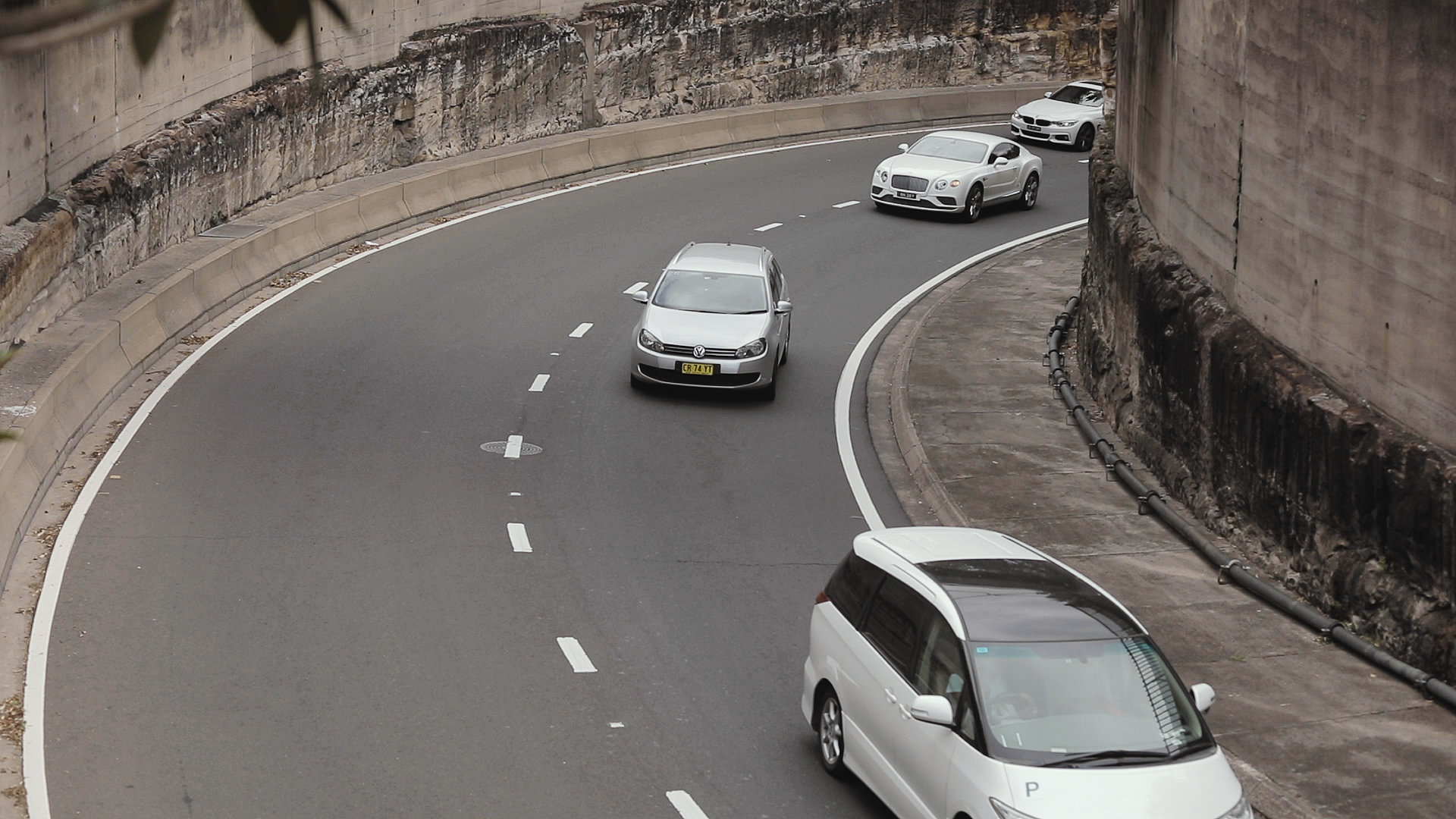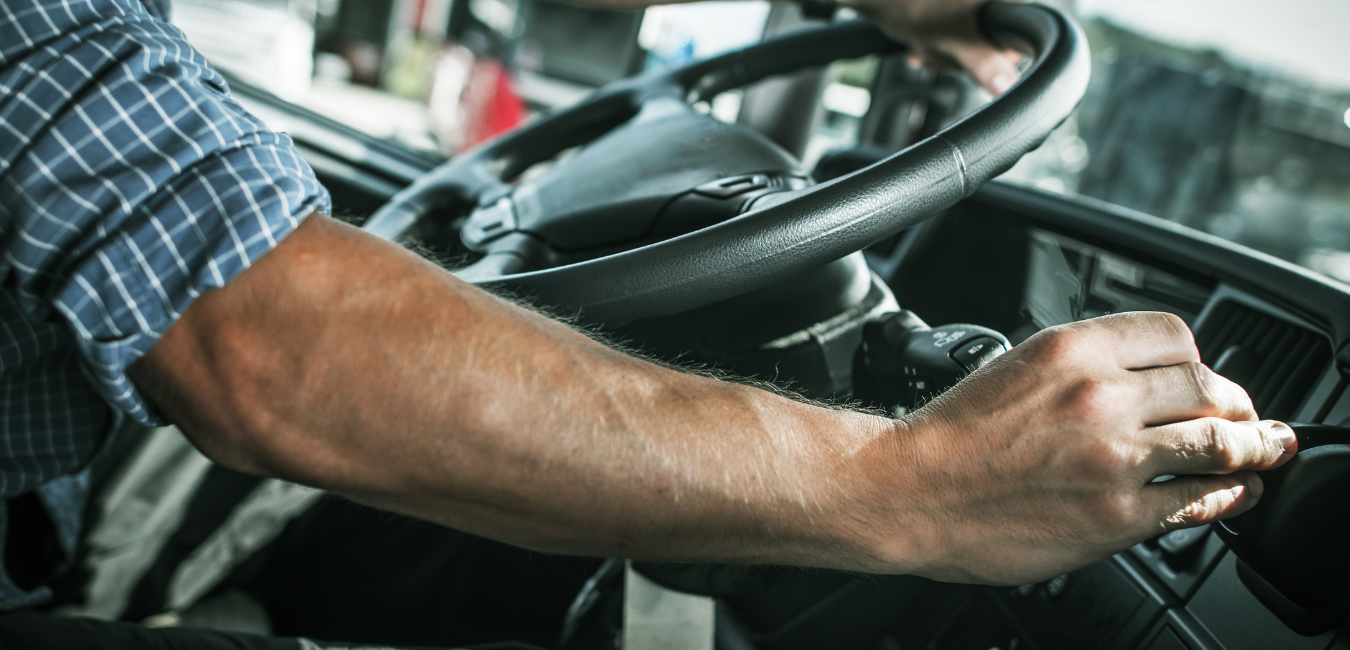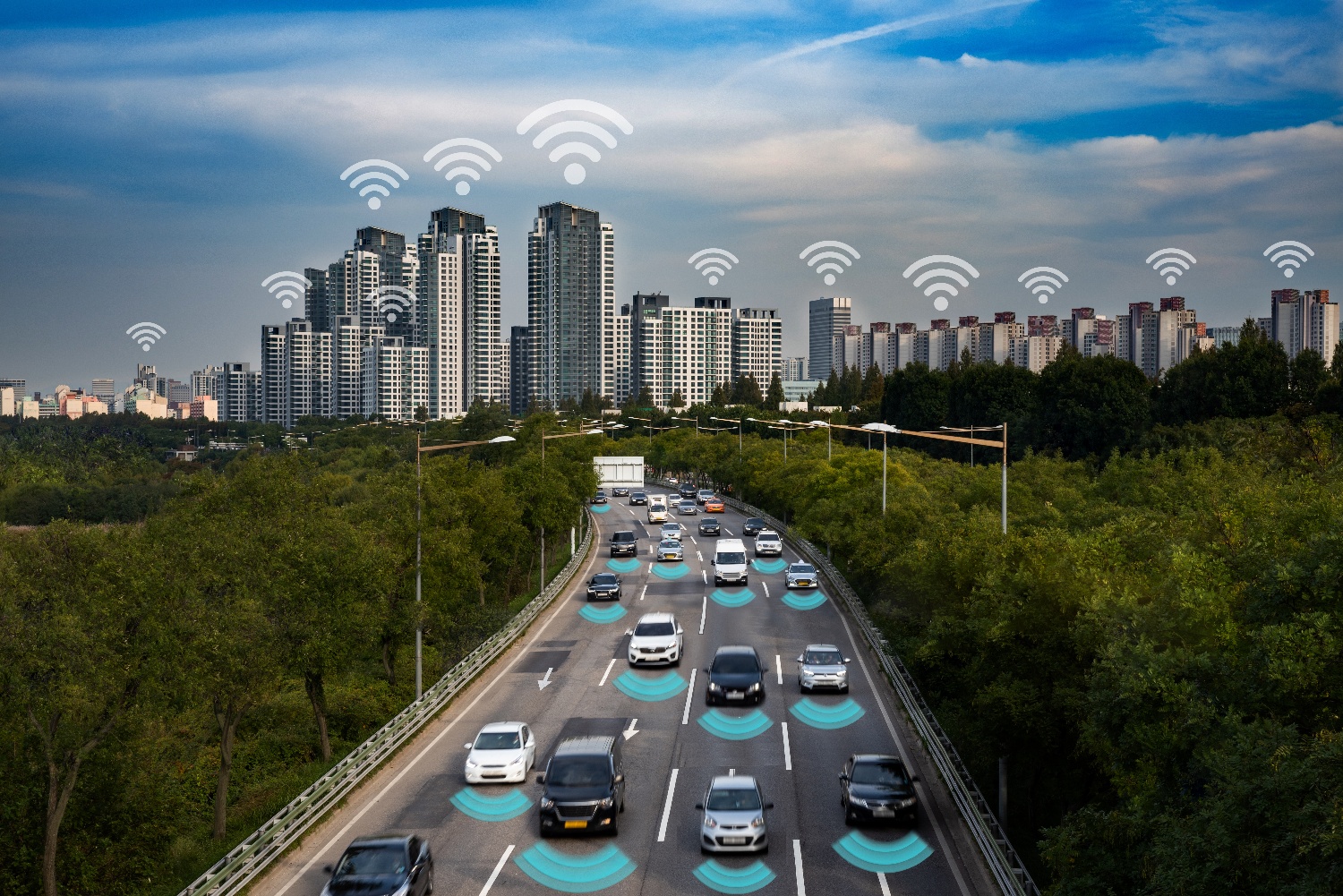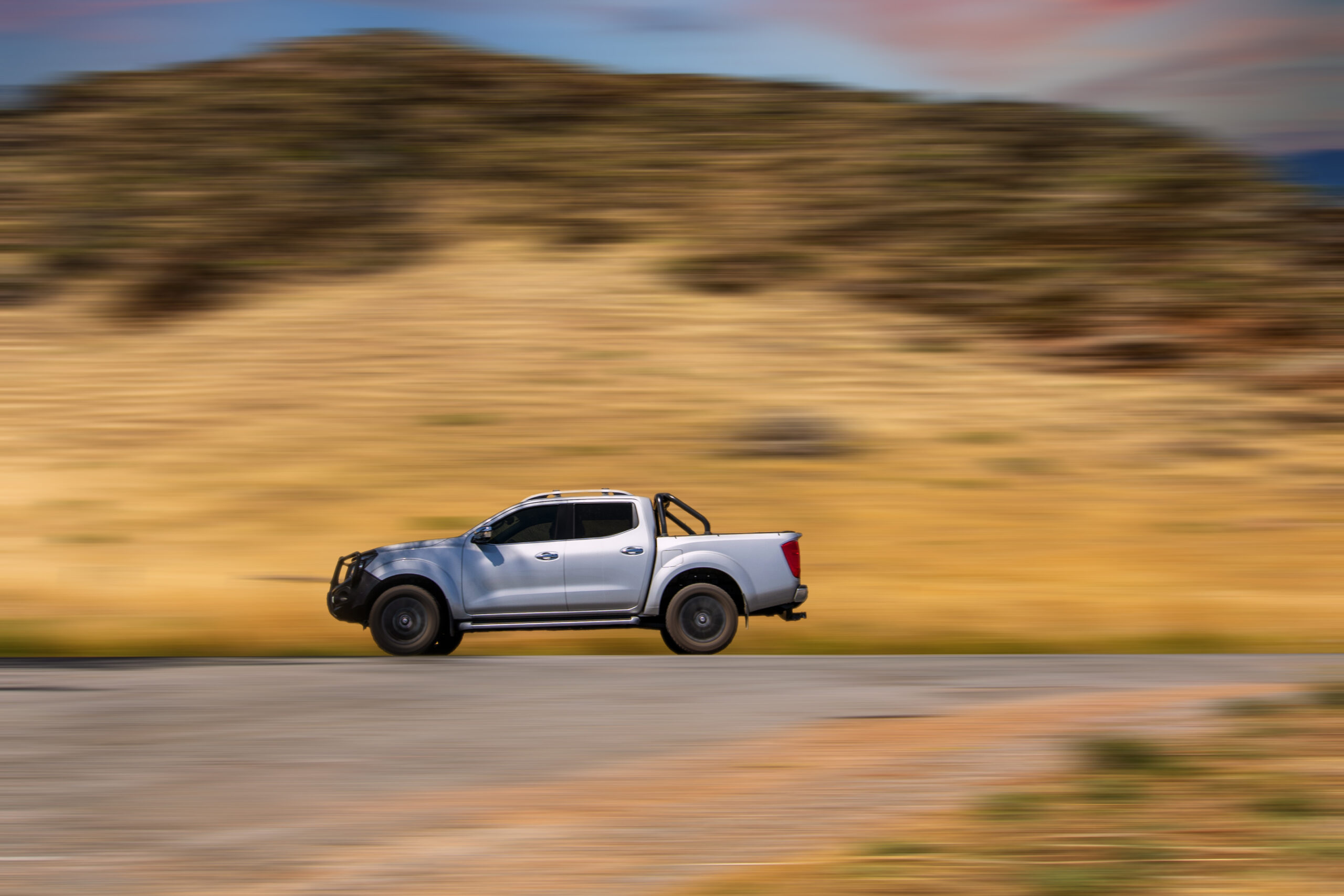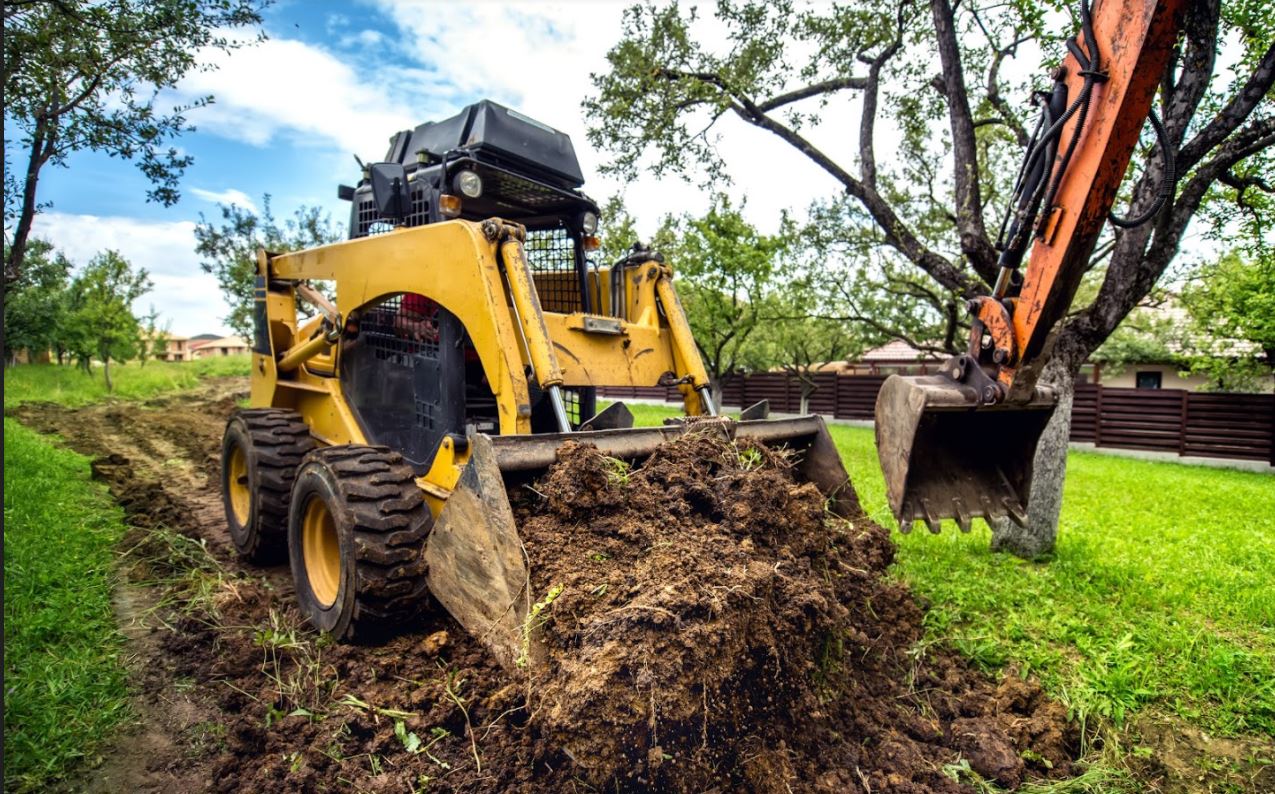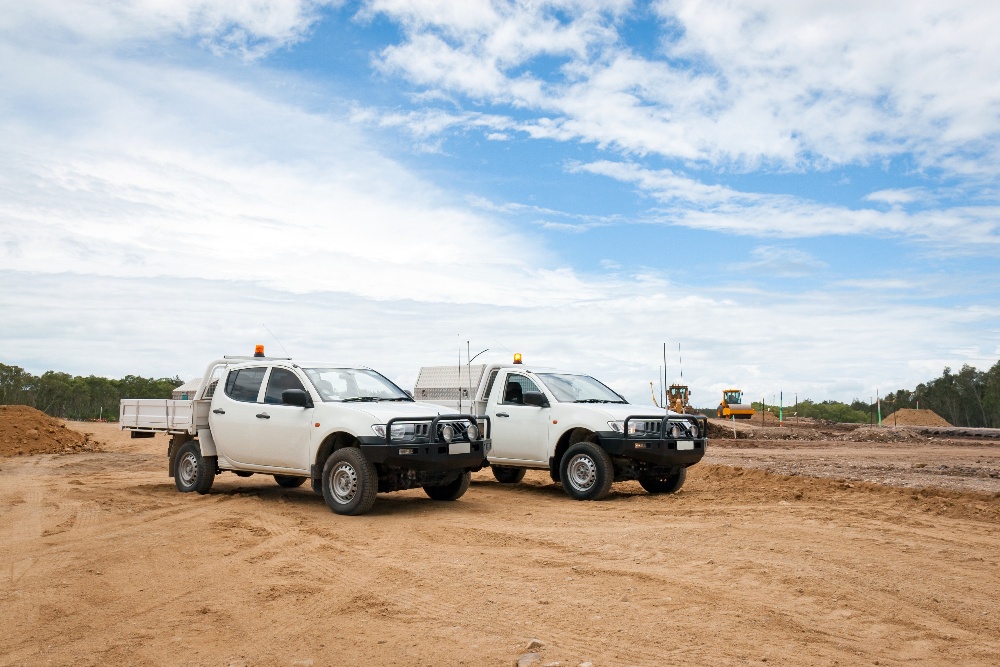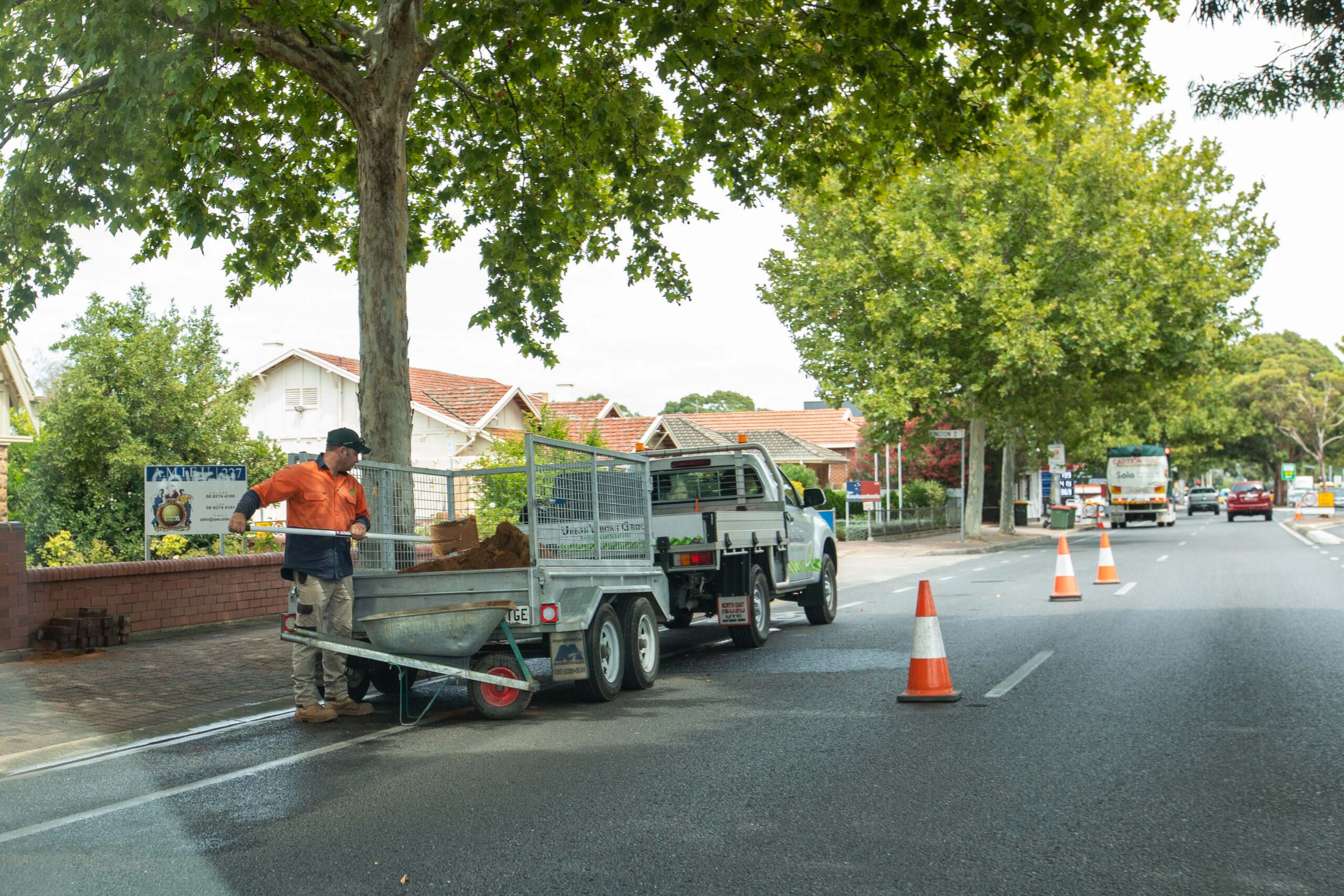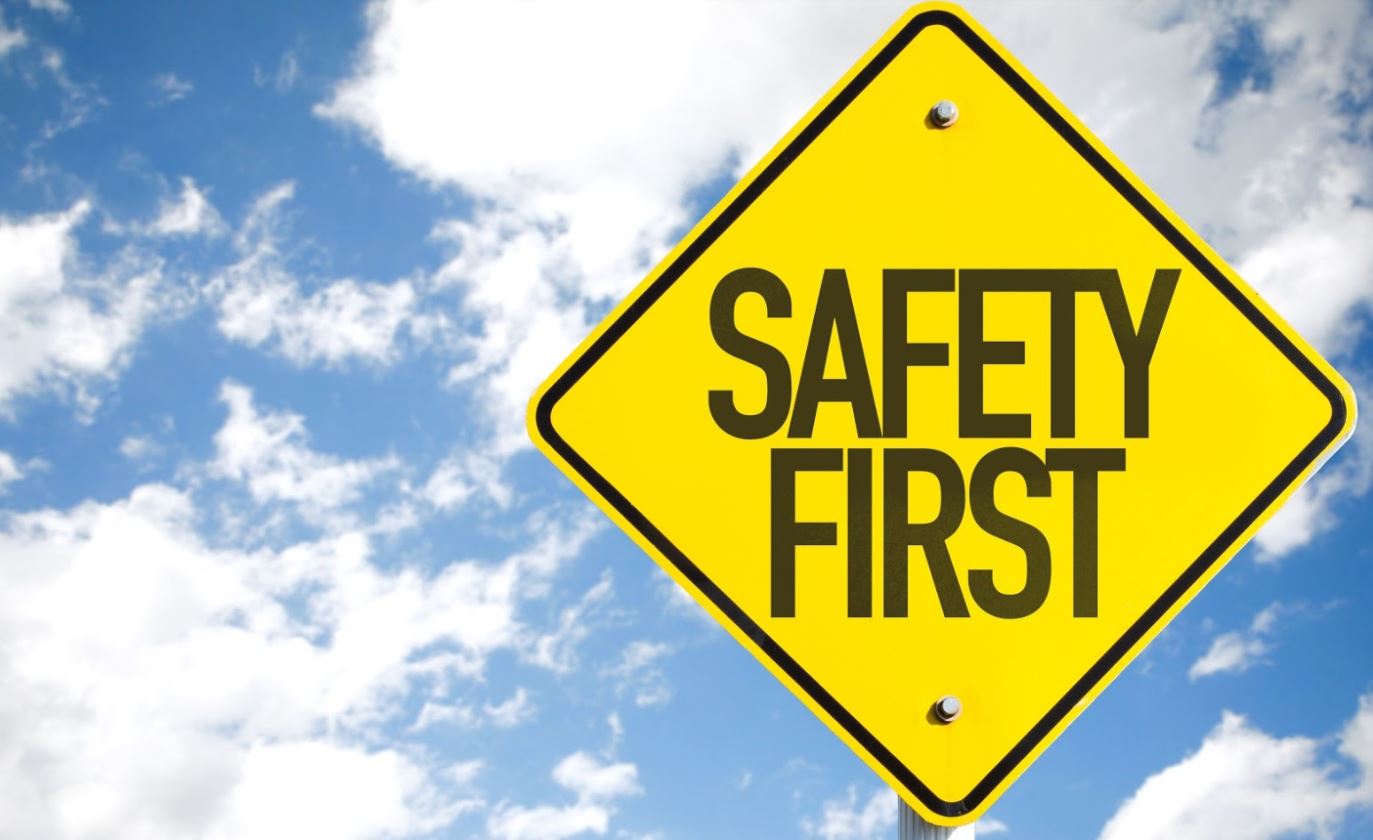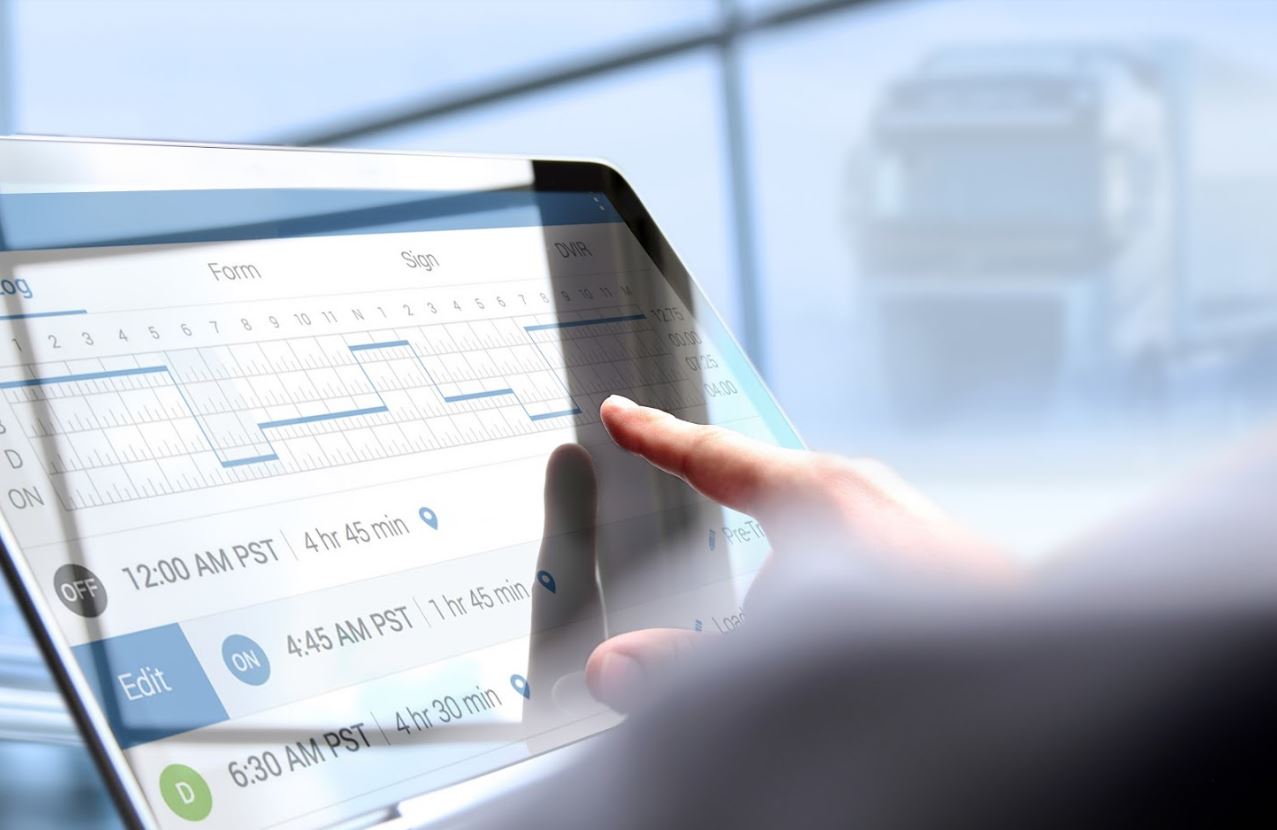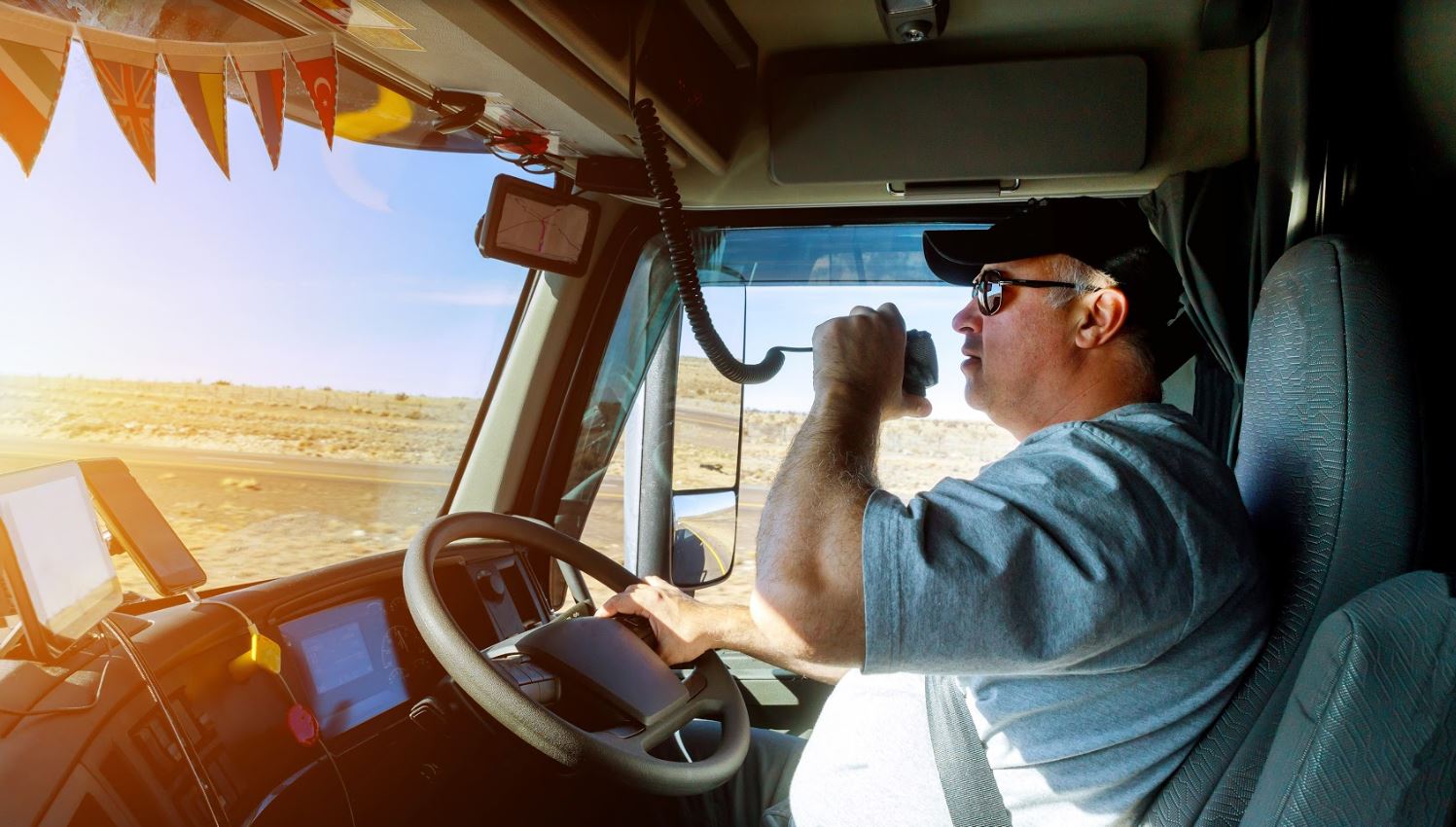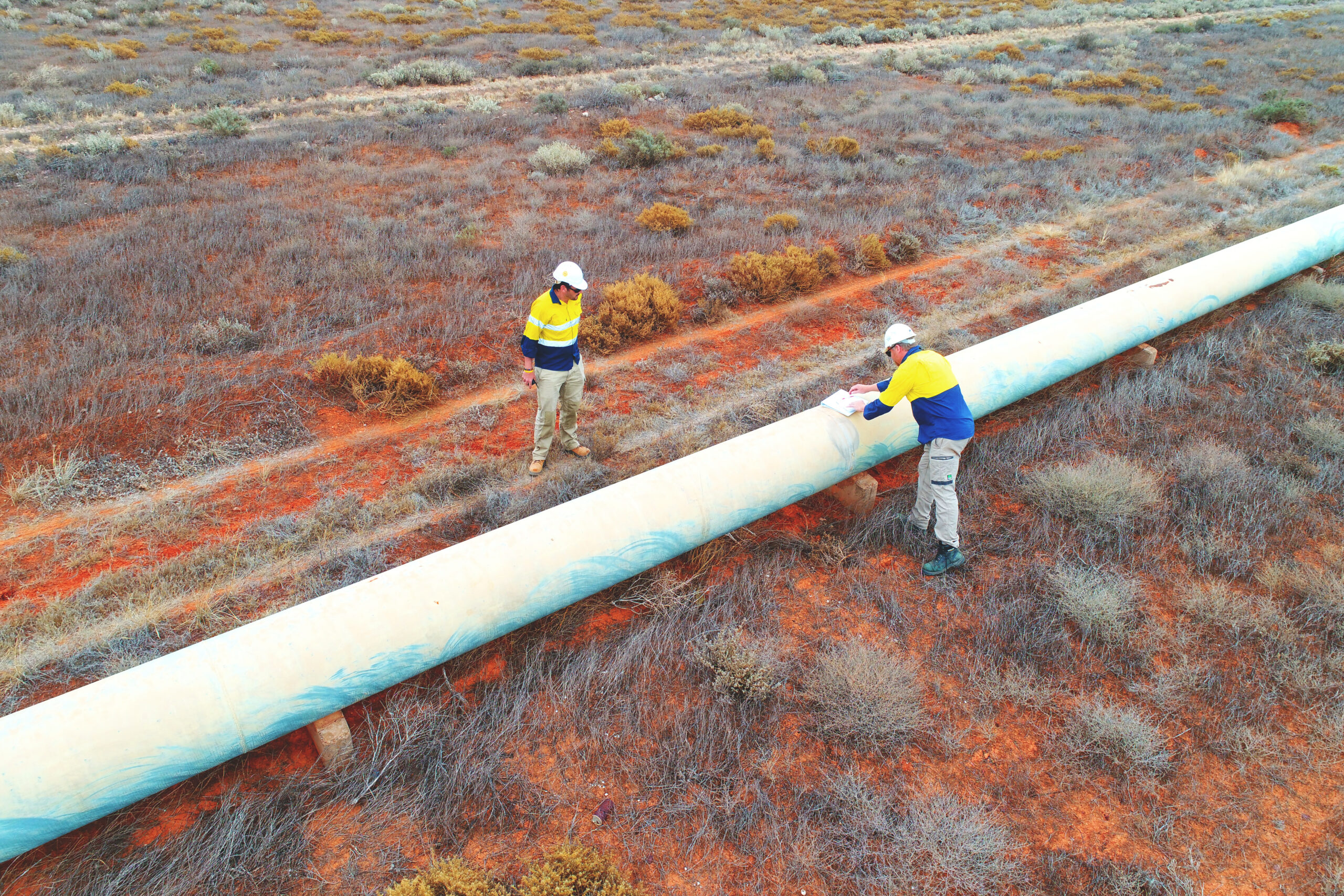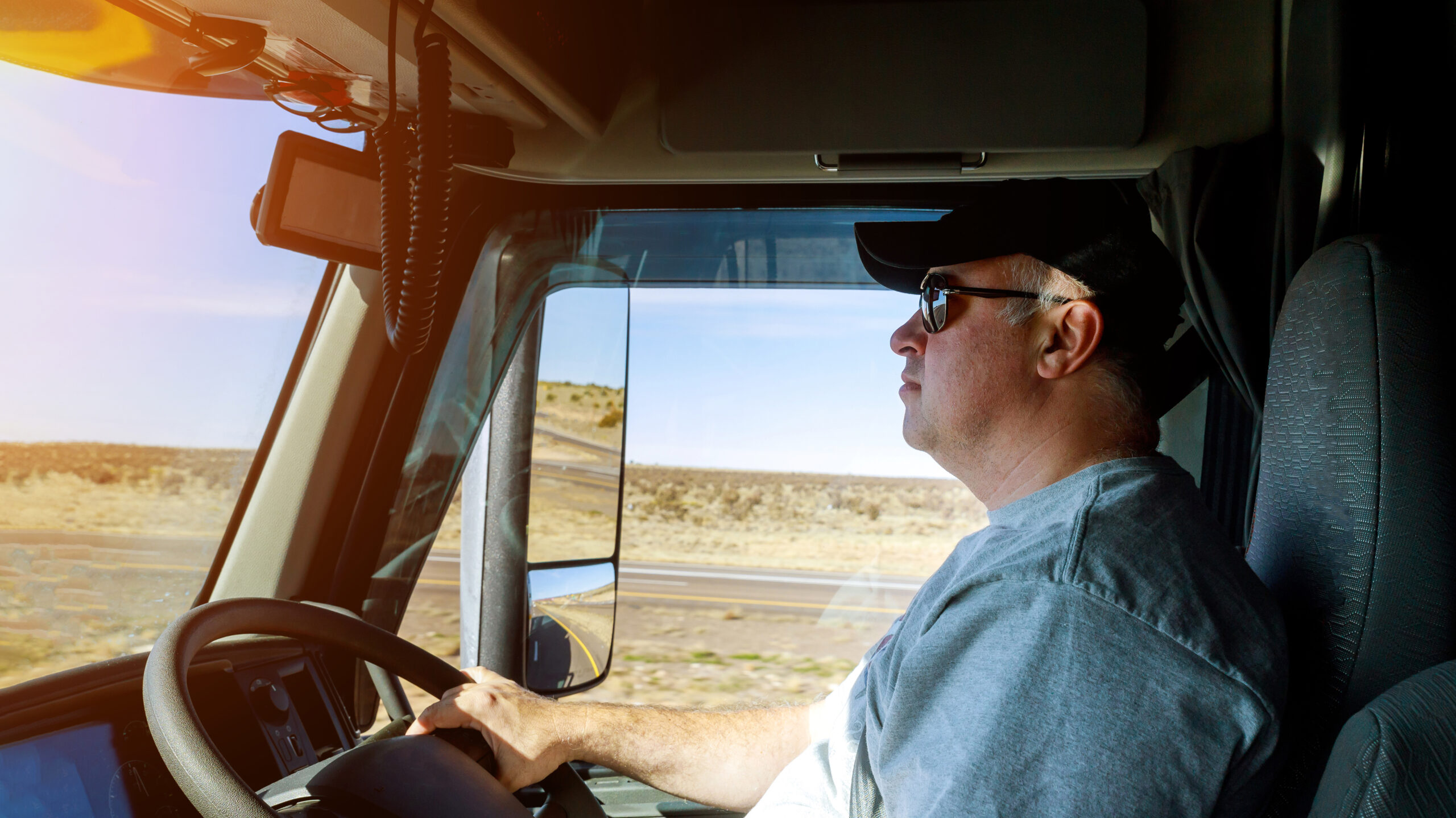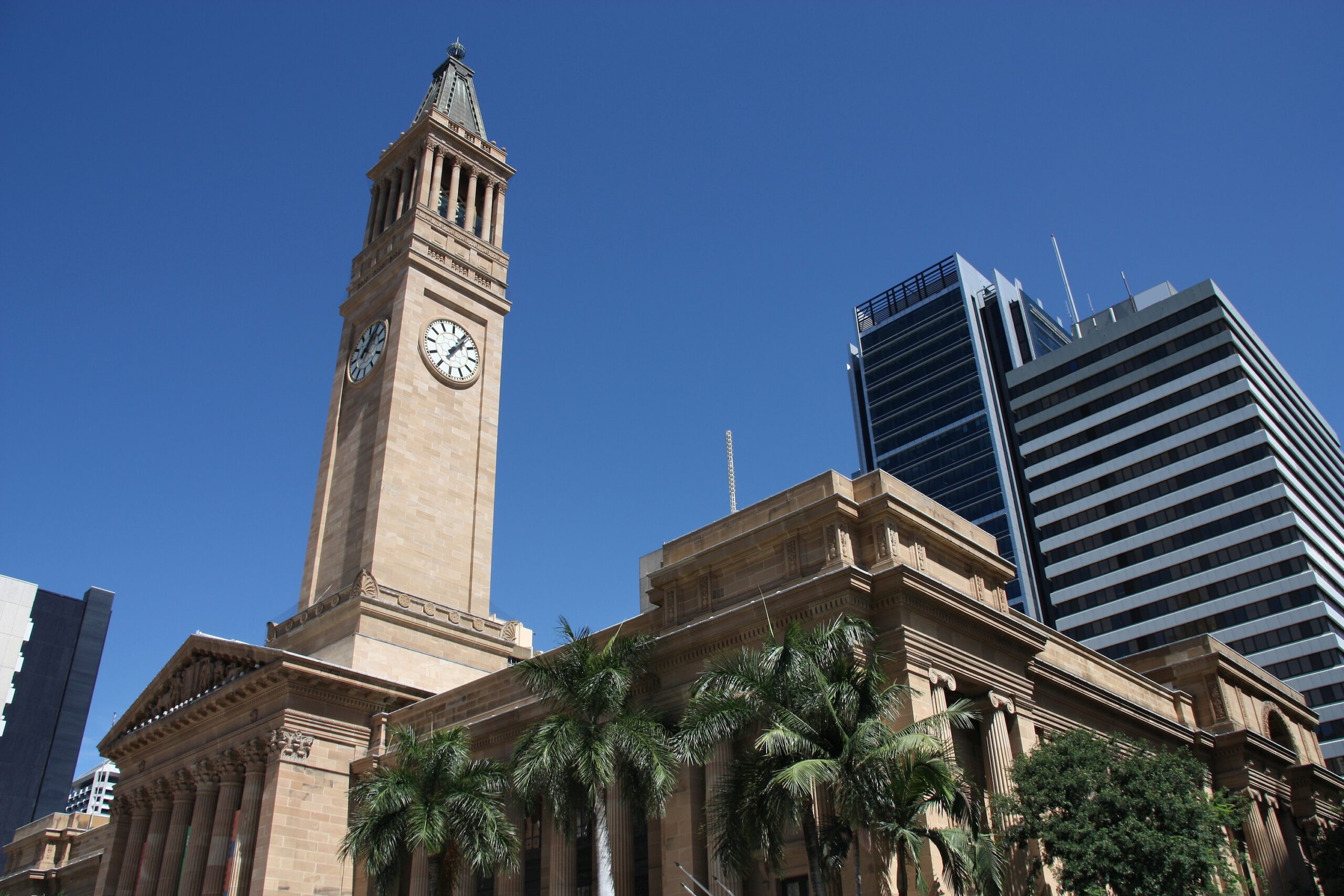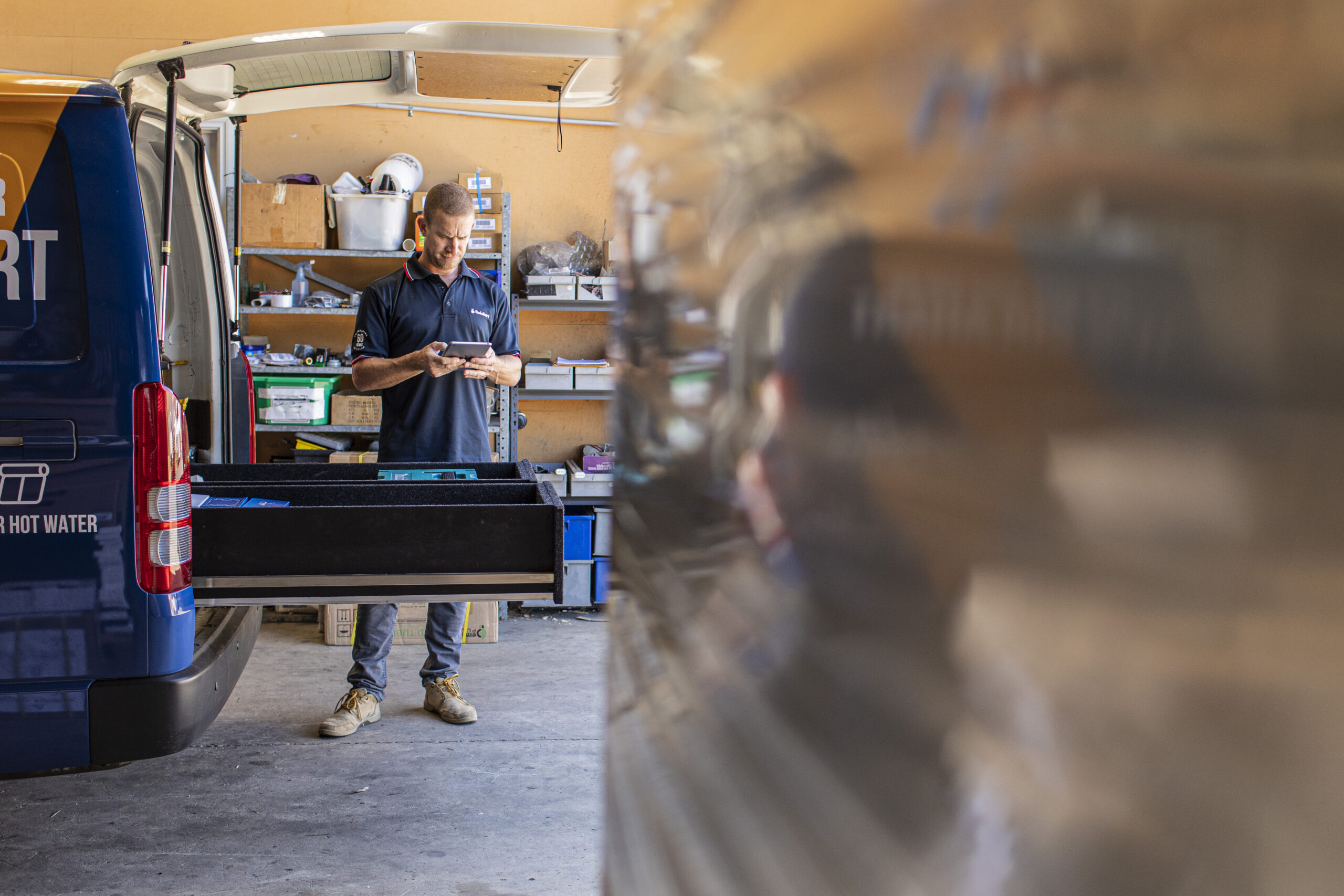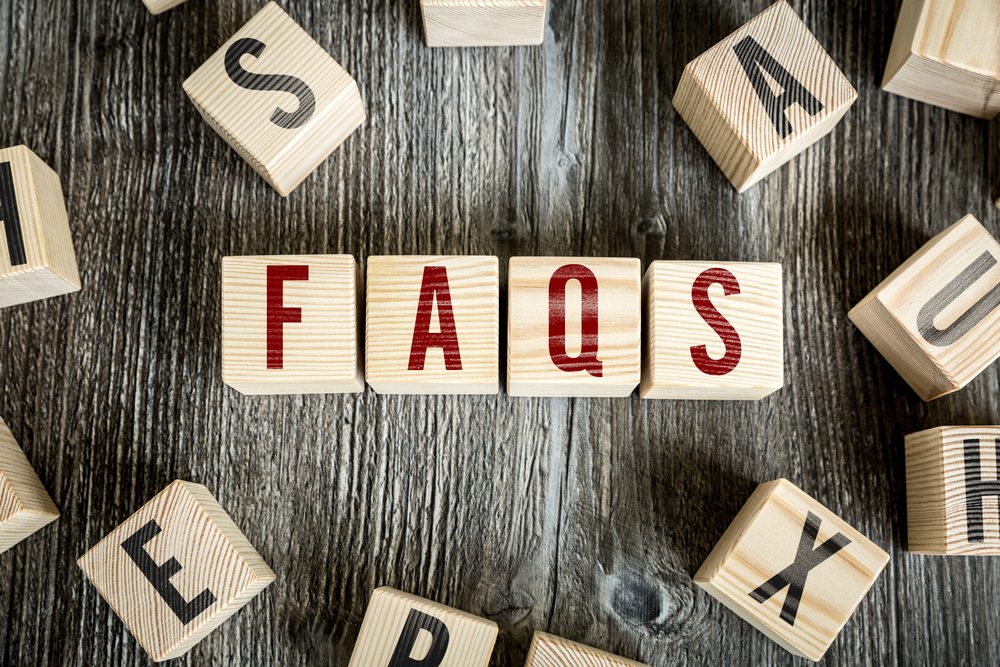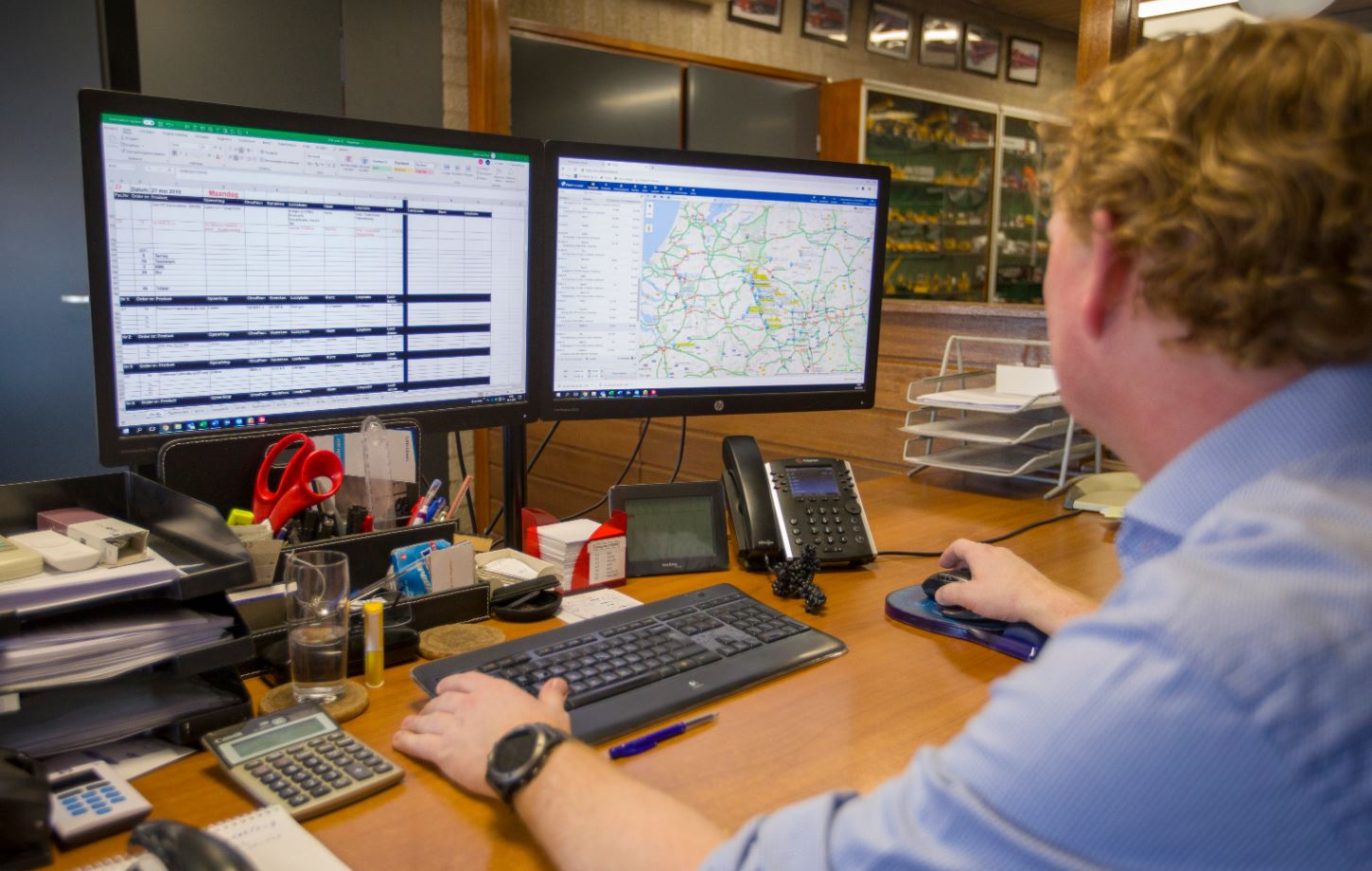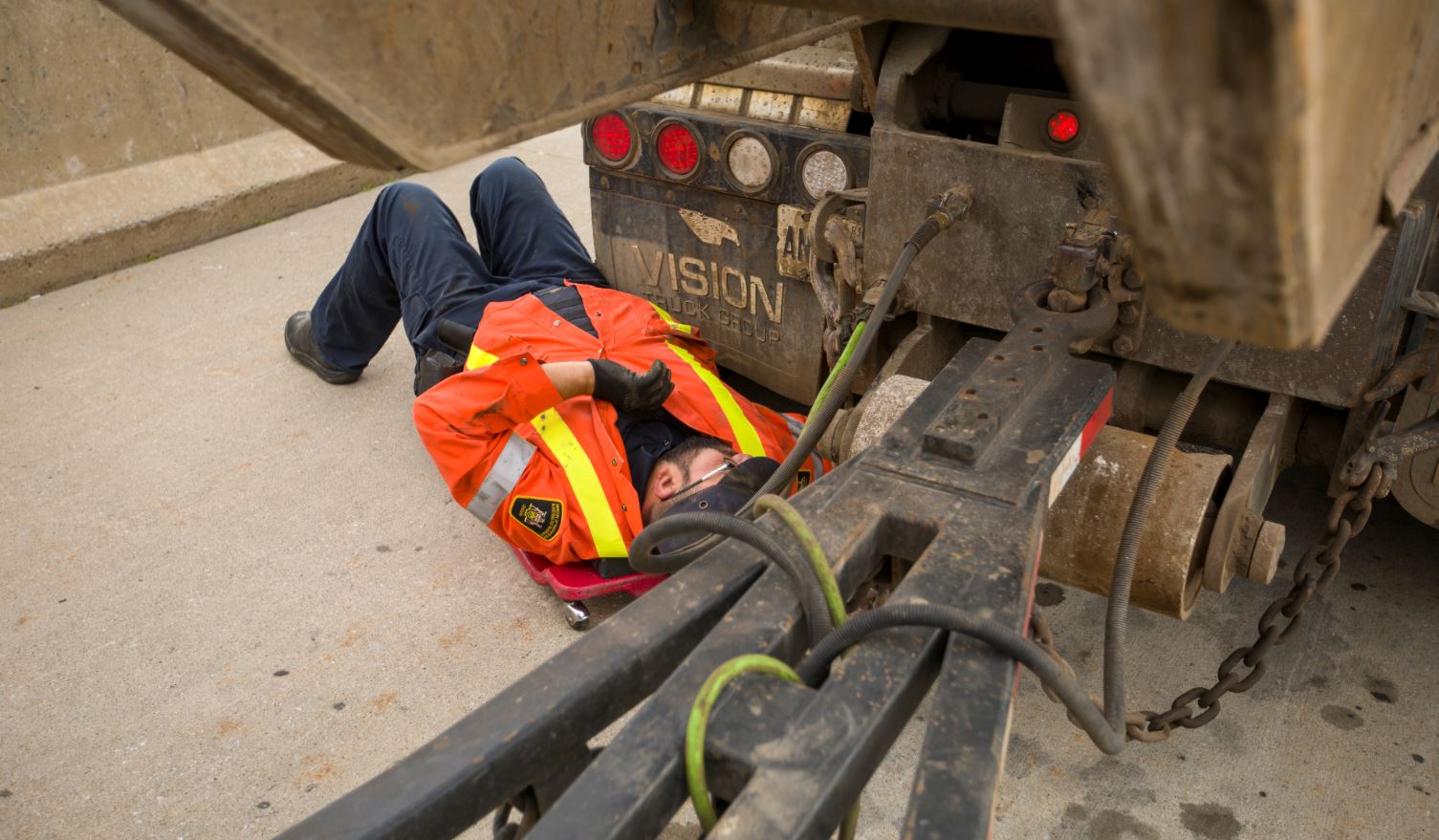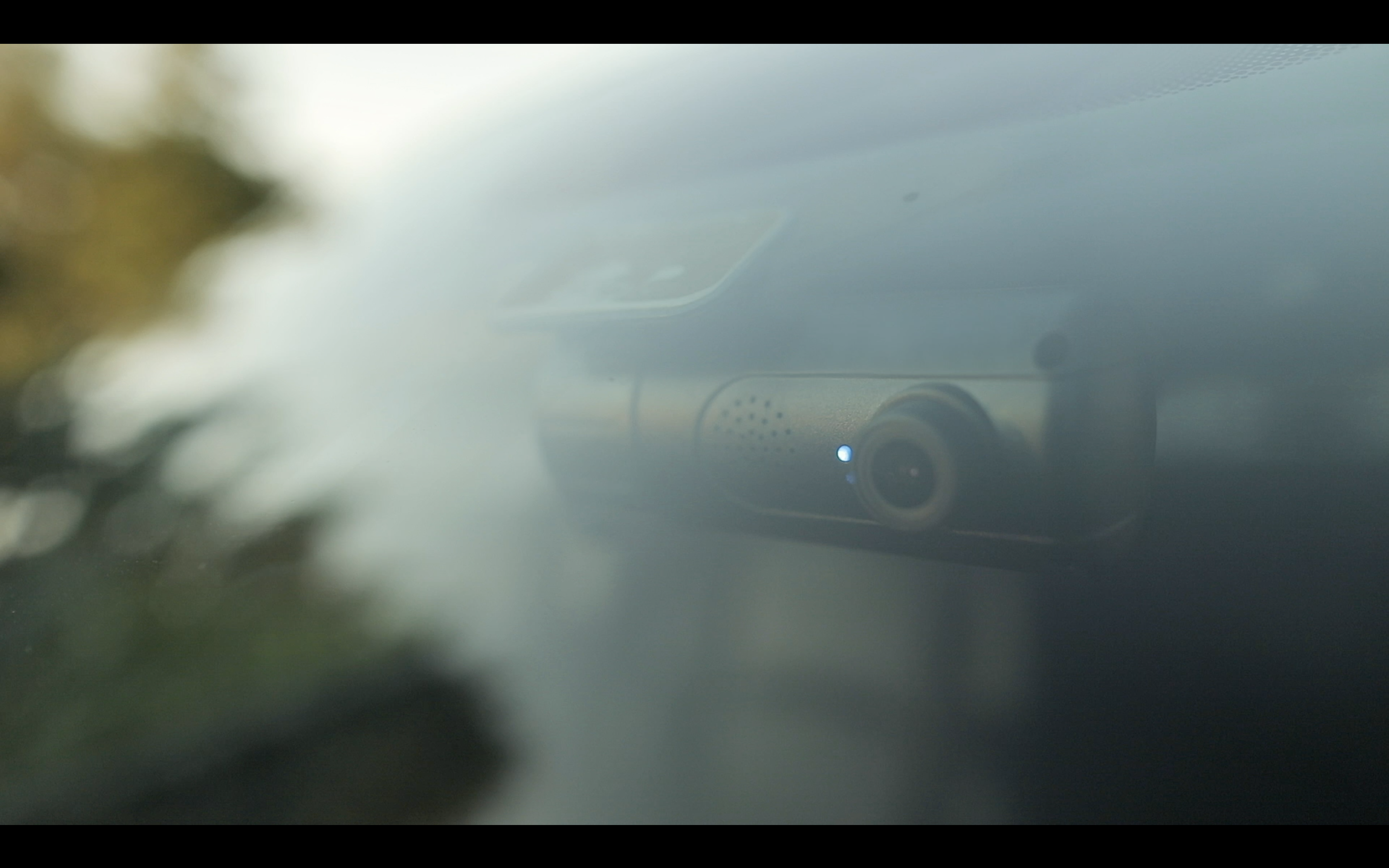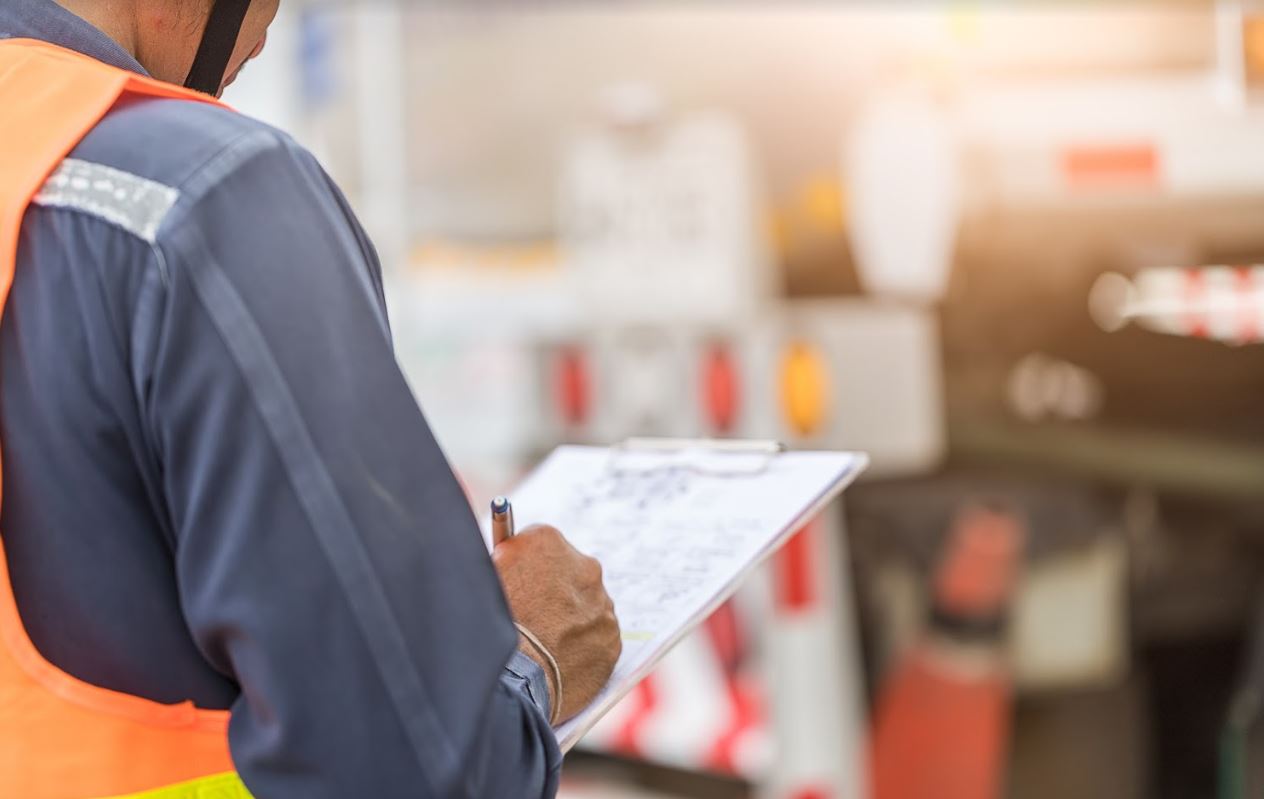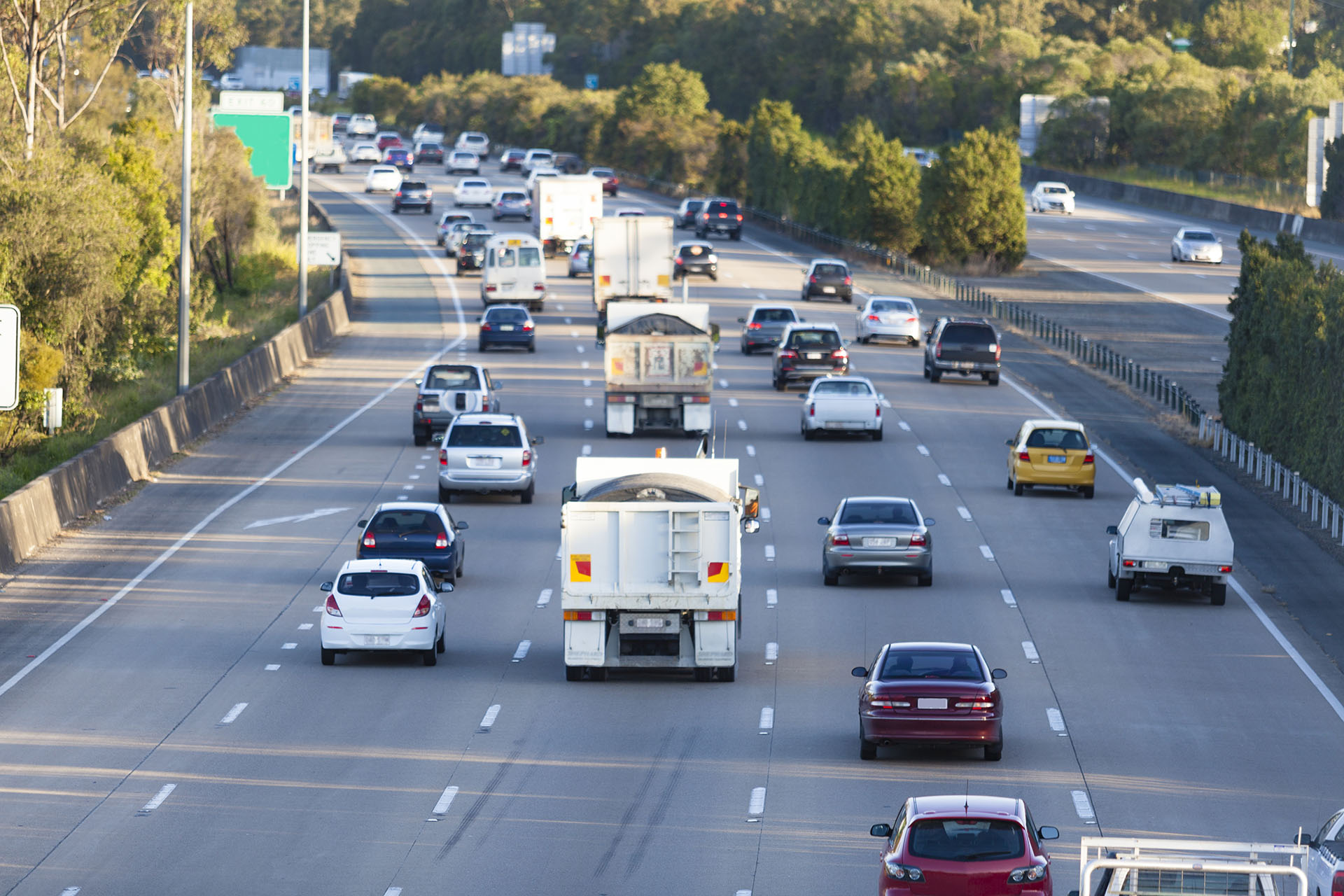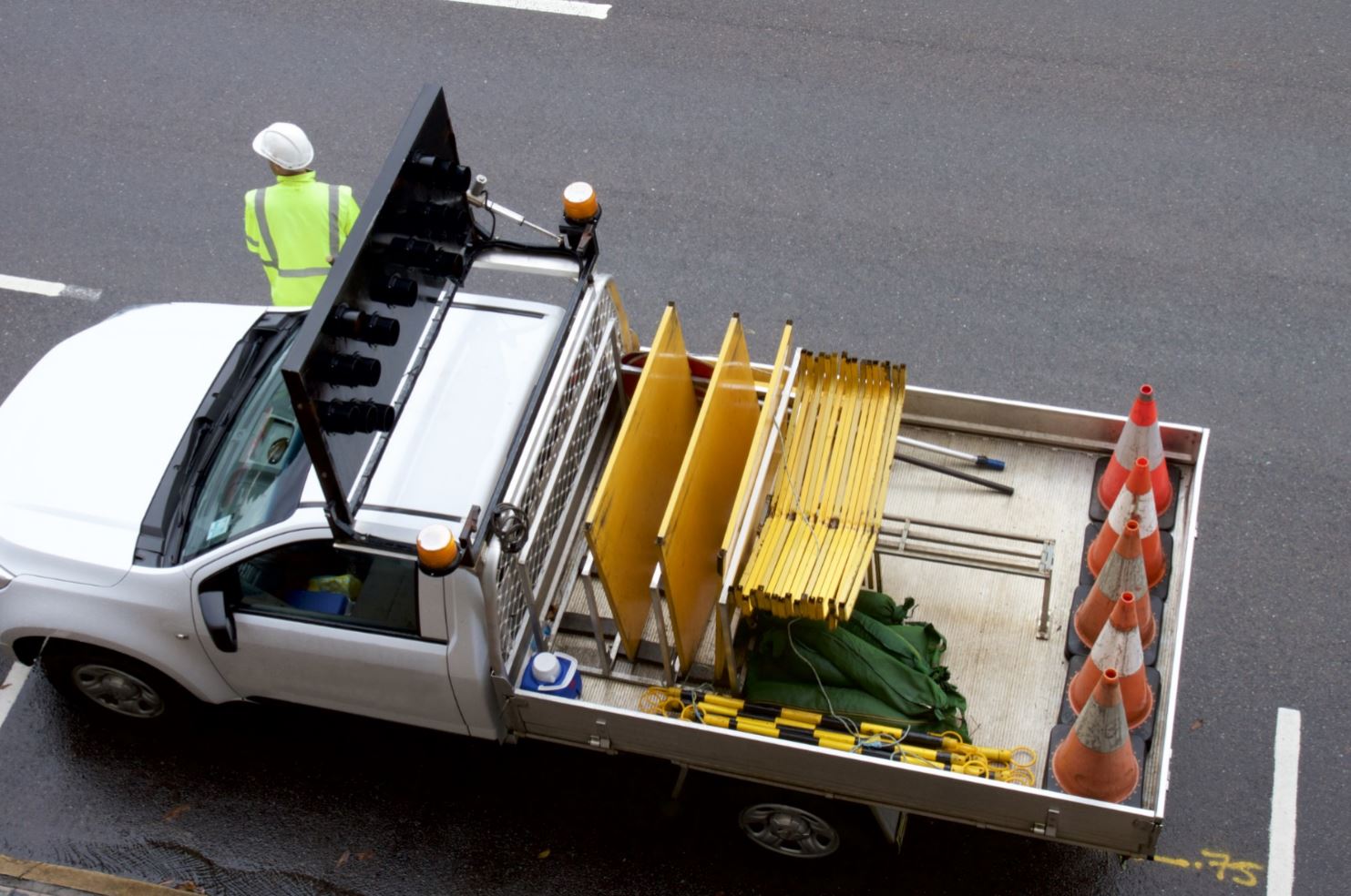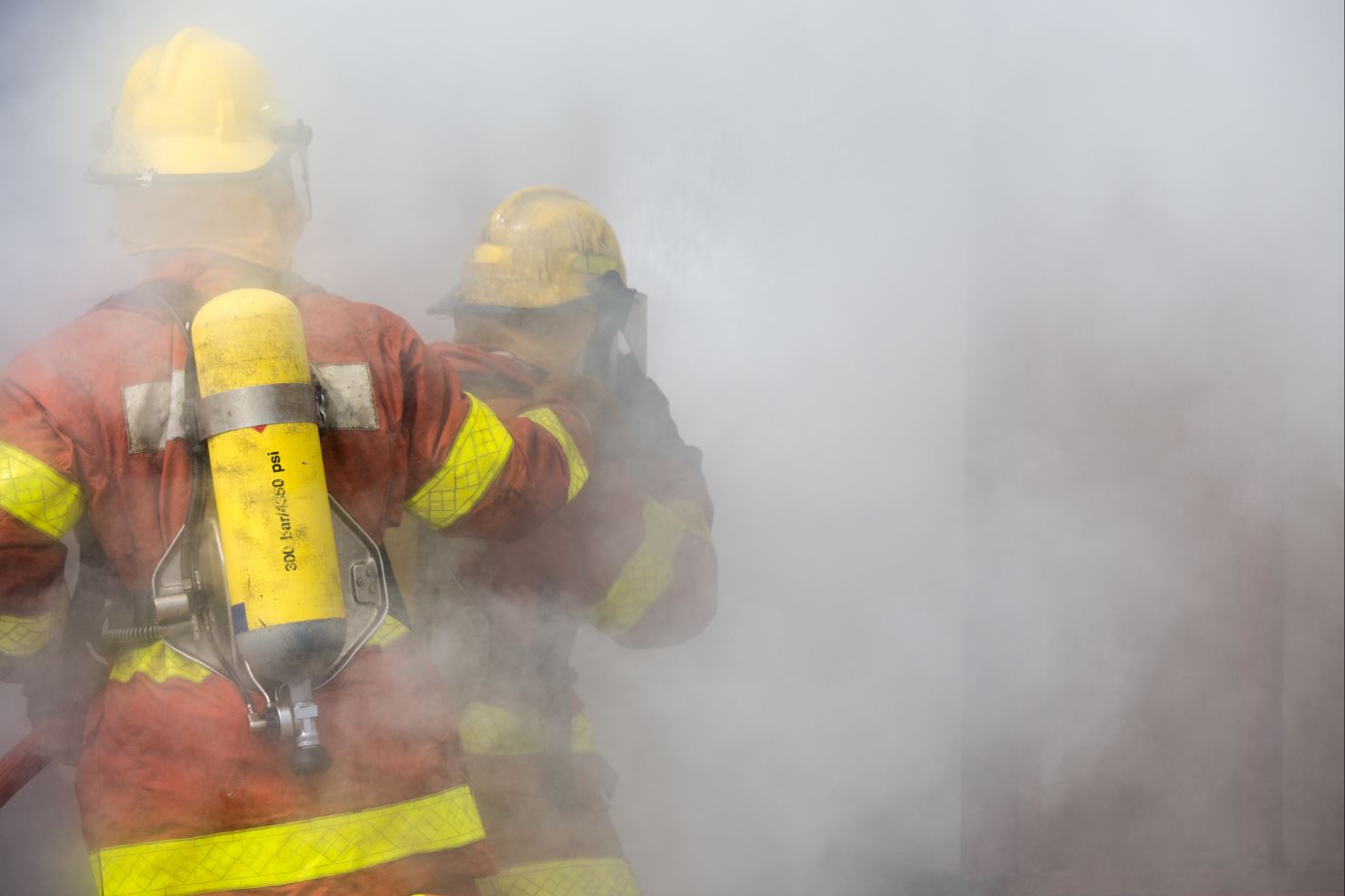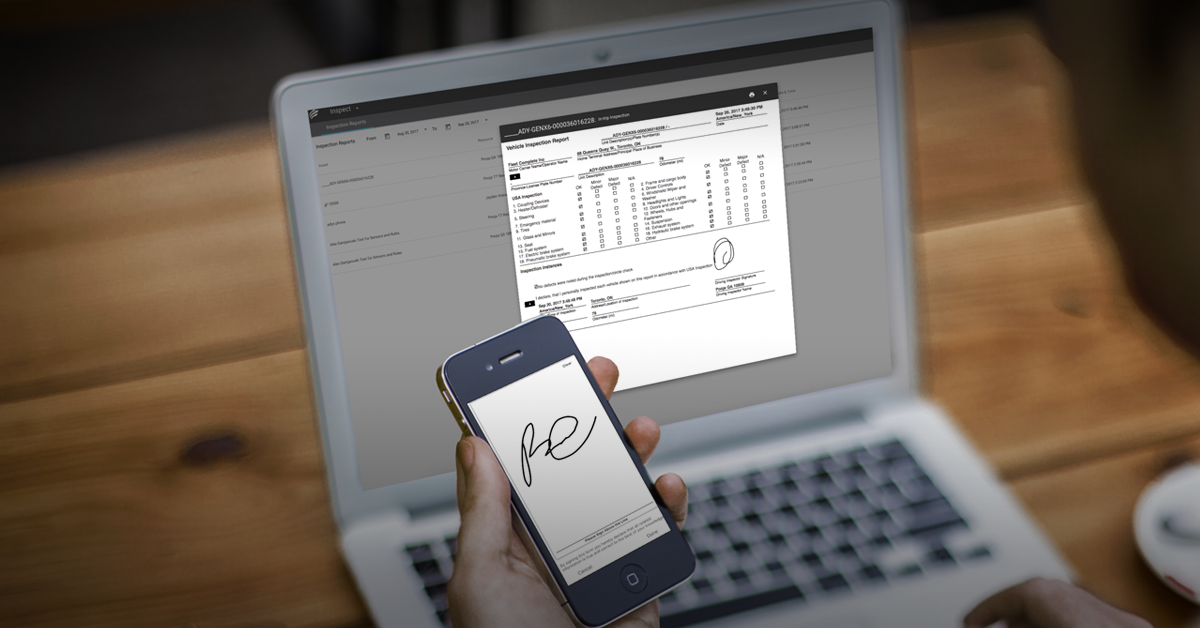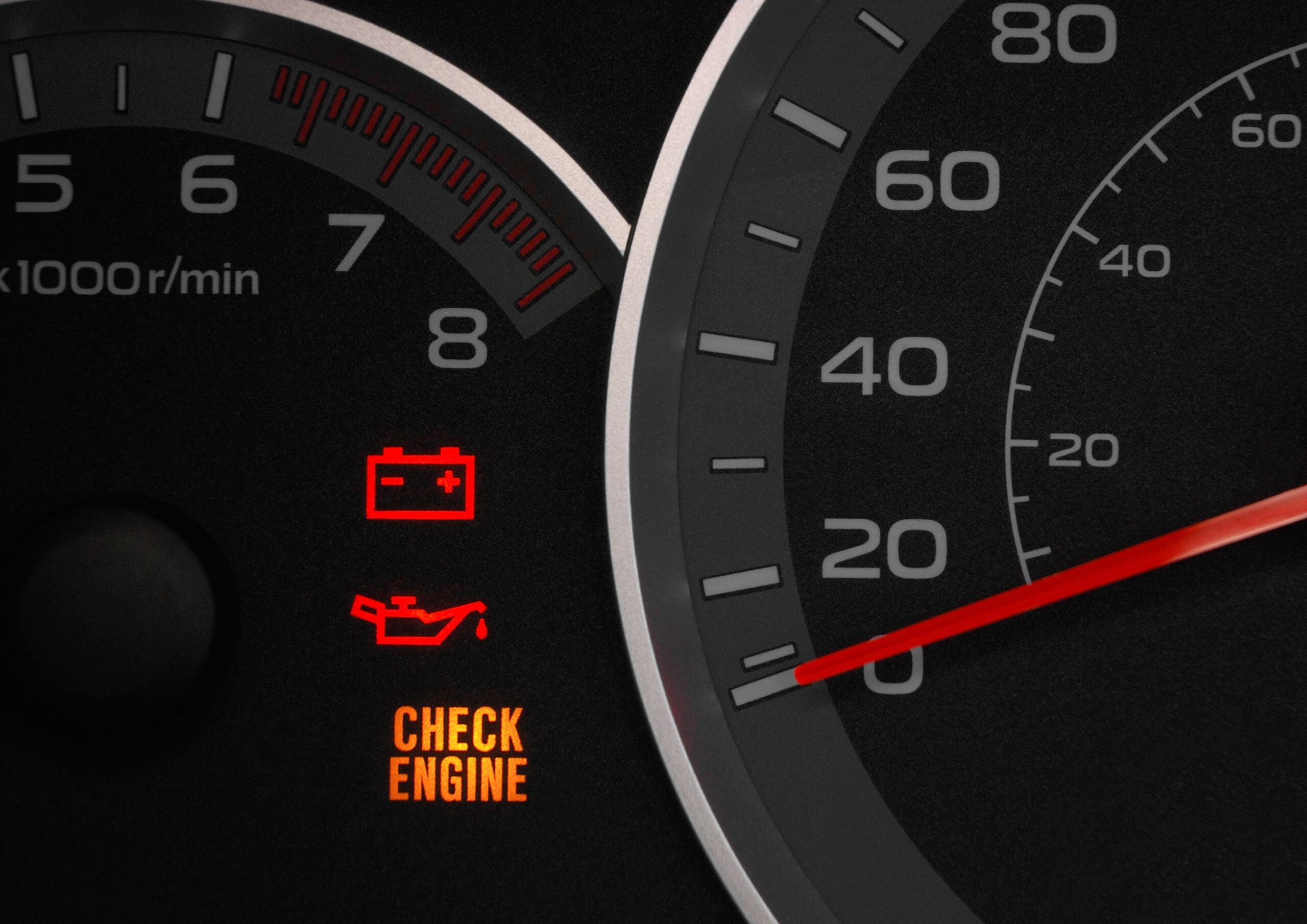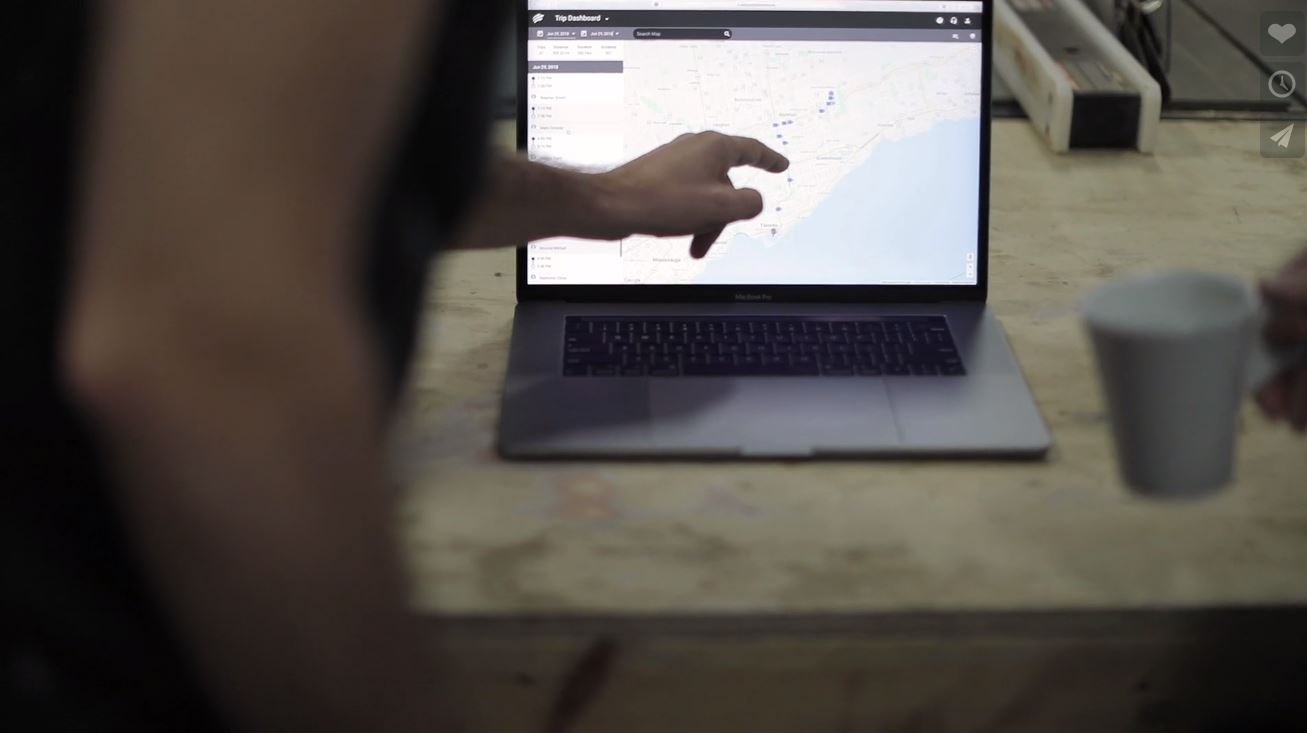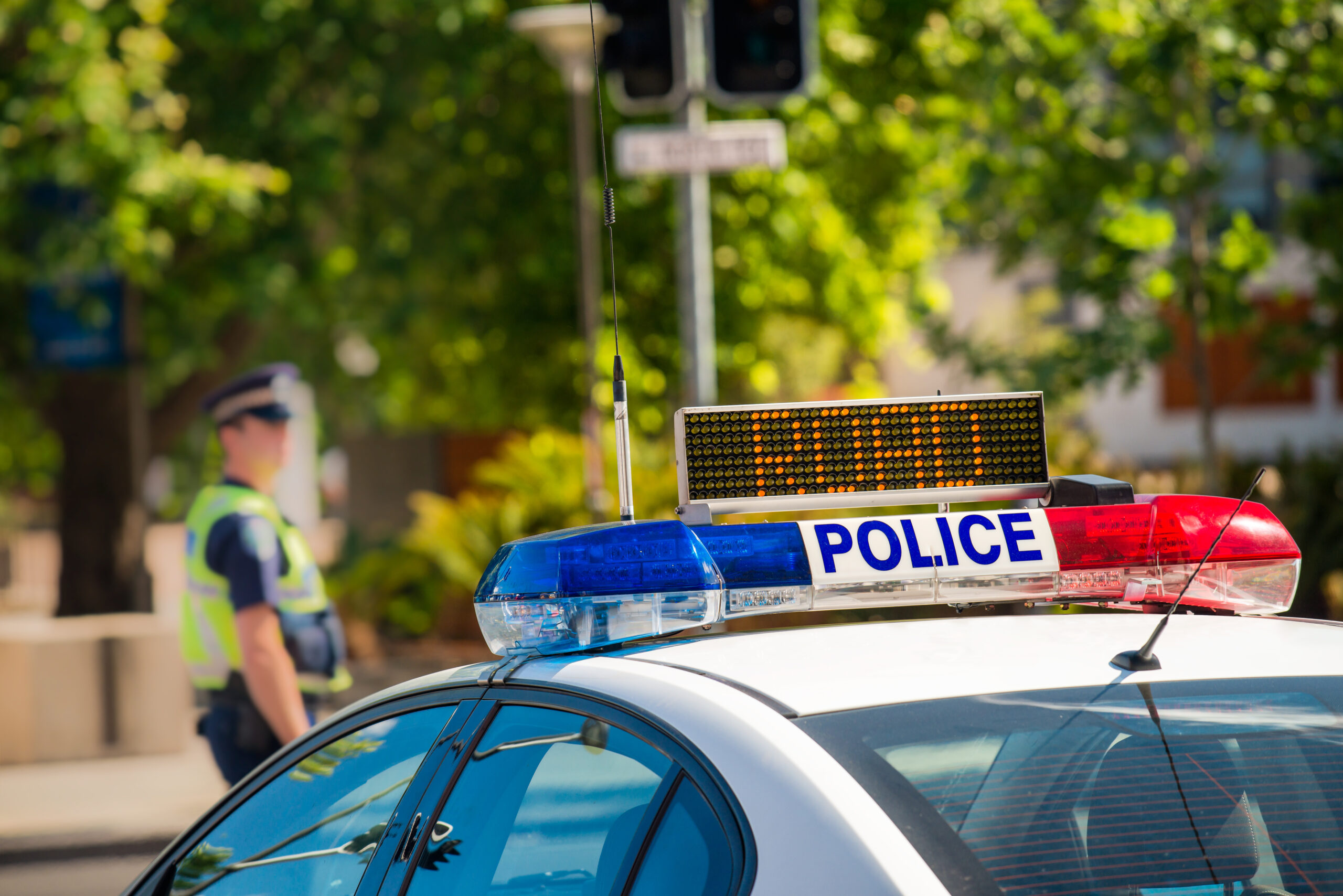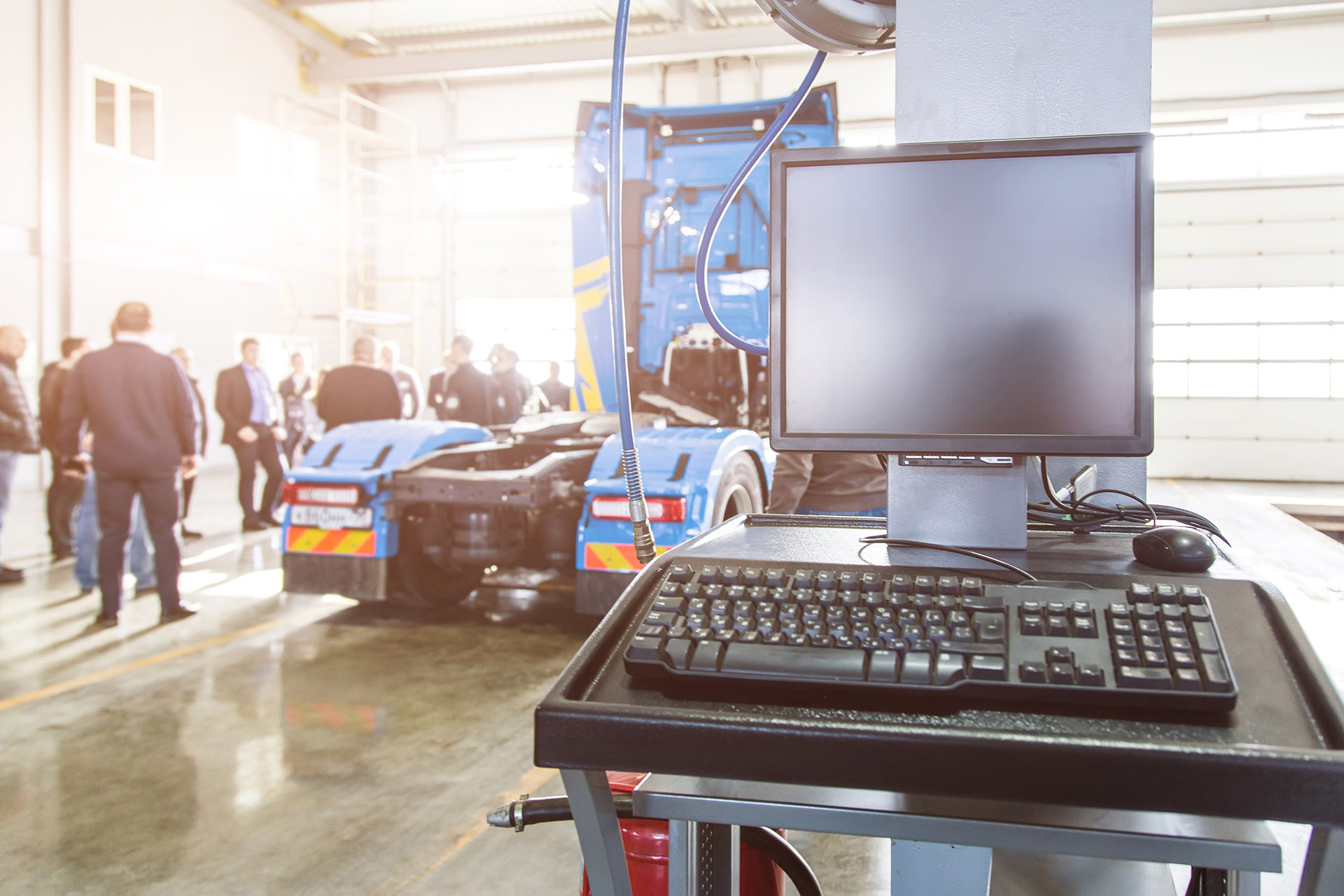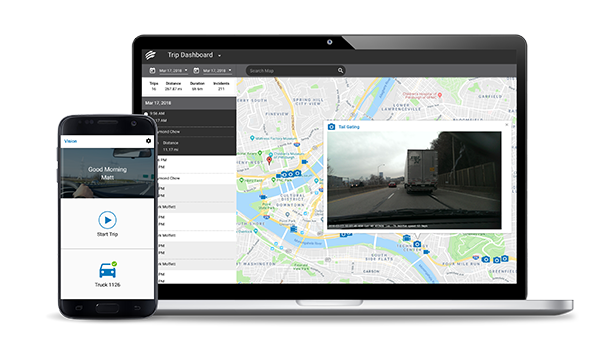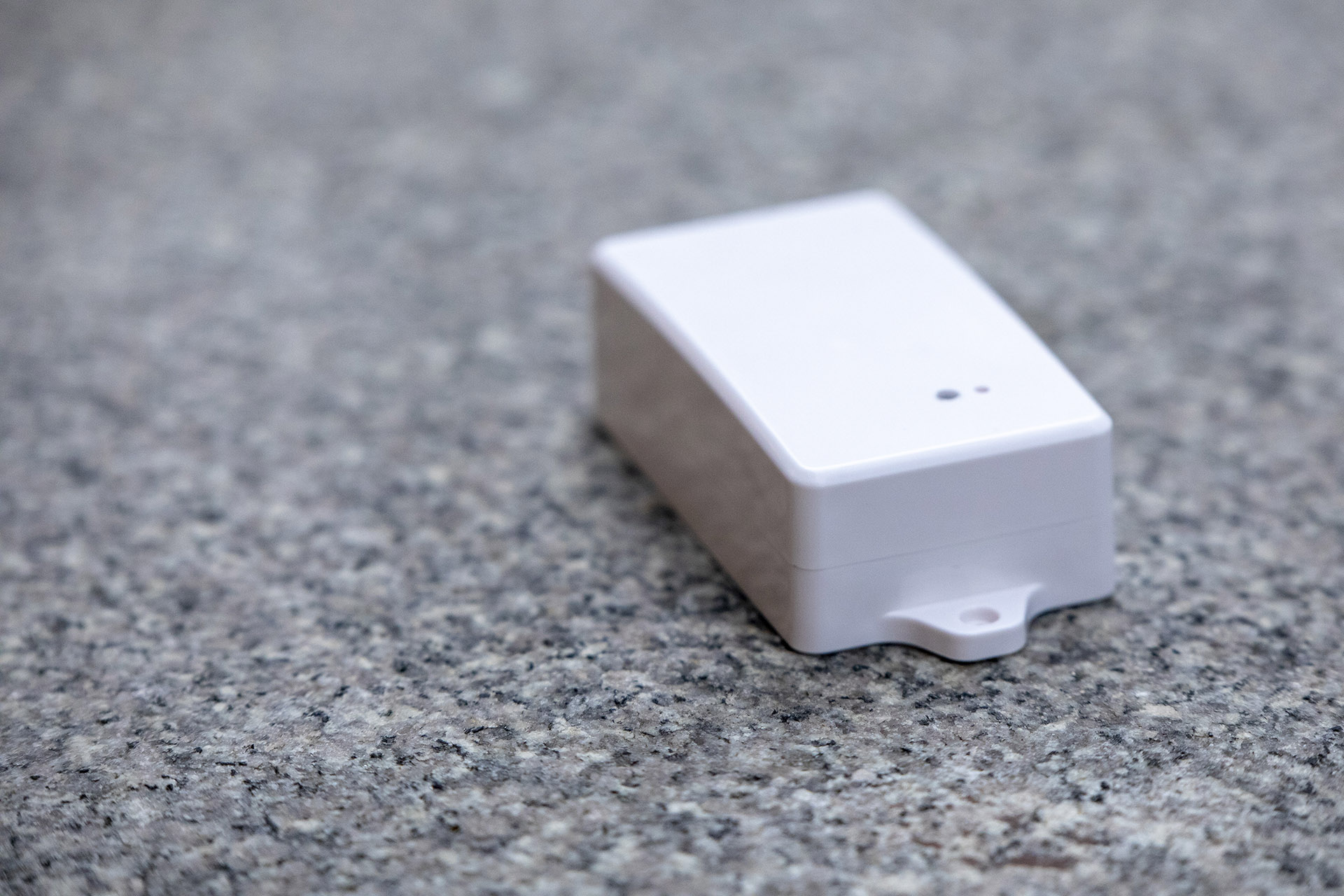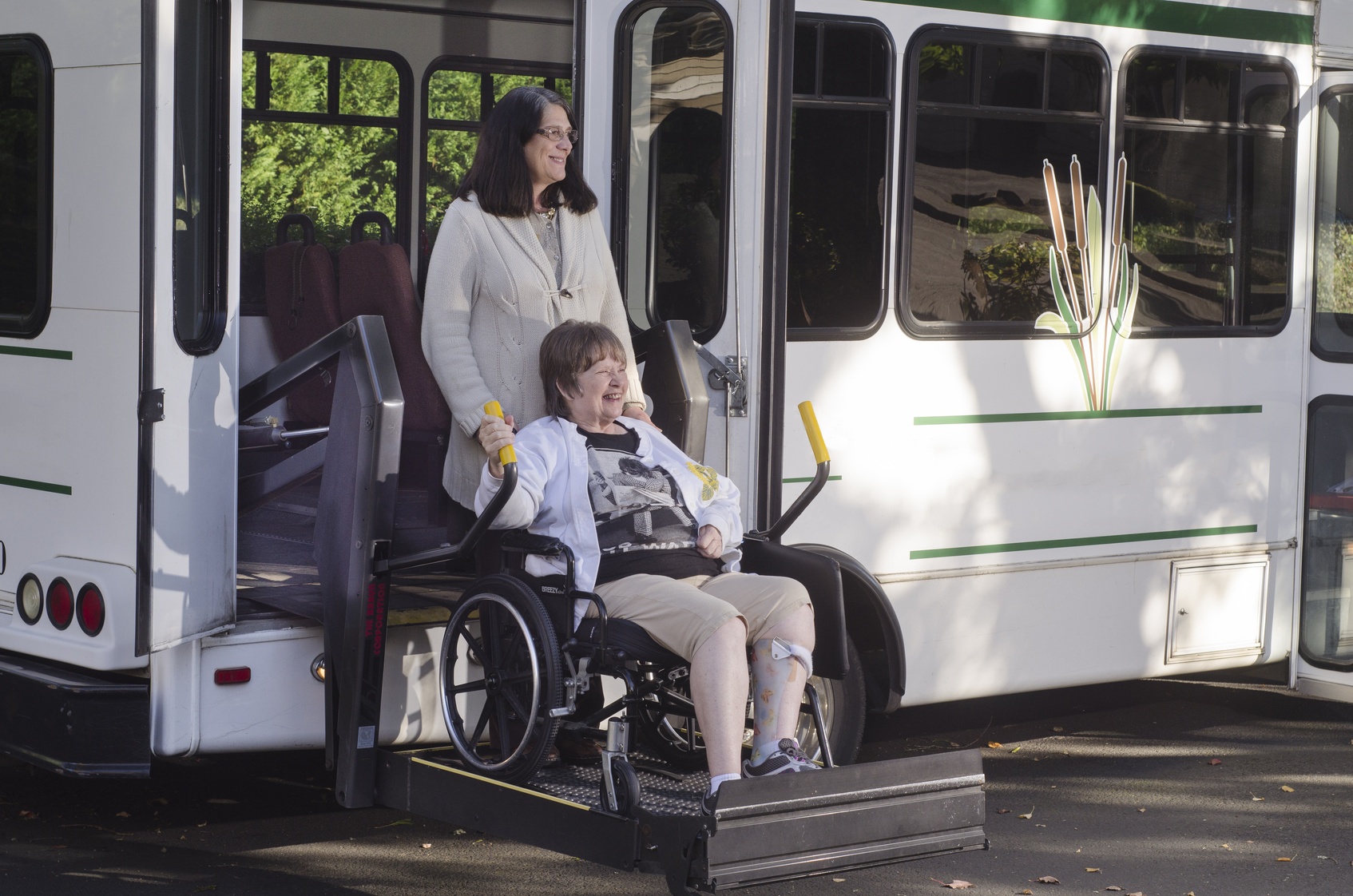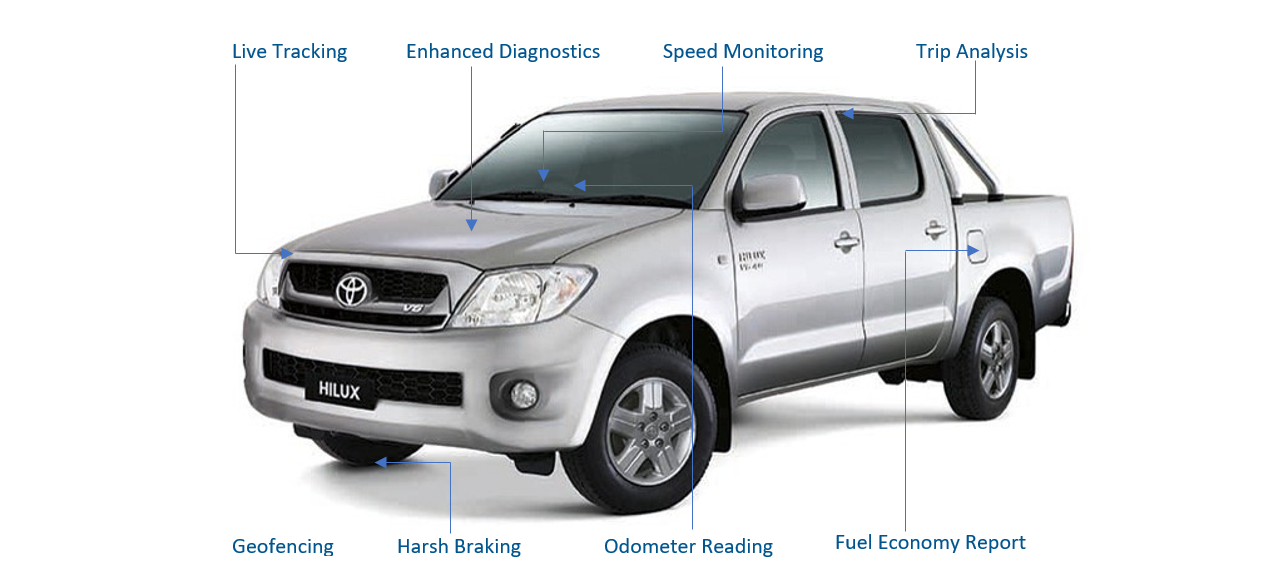For first responders, how fast they get to an emergency scene can mean the difference between life and death. Paramedics, police officers, firefighters, medical technicians, and other trained first responders can therefore benefit immensely from the latest GPS tracking technologies to ensure they reach their destinations safely and quickly. Below, we’ll go through four key benefits of a Fleet GPS tracking tool for first responders to show you how tracking technology can reduce inefficiencies and ultimately save lives.
1. Provide Live Location and Traffic Data
GPS fleet tracking platform gives you access to your fleet vehicle information online and enables you to manage your entire fleet from one screen. In addition to comprehensive visibility of all vehicle positions, it also provides you with auxiliary capabilities, functionalities and analytics that you can apply in real time, especially when time is of essence.
With a GPS tracking tool, first responders can easily see the fastest route to an emergency scene, using real-time location and traffic data. If there’s slow traffic, GPS tracking tools can also provide drivers with alternative routes. Besides the critical function of reducing response times, these more efficient routes also reduce fuel expenses and time wastage.
Further, GPS tracking tools allow team leaders and supervisors to monitor fleet locations and performance at any time. In the event of a large-scale emergency, team leaders can assess the current situation and choose to dispatch additional first response vehicles to support existing personnel at the emergency scene.
2. Get Immediate Updates
Getting immediate updates is crucial in emergencies. Since many variables can change in a blink of an eye, first responders need to have access to real-time information, so they can make tactical decisions.
For example, if police officers are pursuing a suspect, a GPS tracking tool can help team leaders and dispatchers monitor existing vehicles in order to make immediate strategic decisions on vehicle formations and cut off points. If there is a multi-vehicle pursuit, every team member can view where other vehicles are situated, ensuring that they’ve covered all the bases.
In the event of a major bushfire, a GPS tracking tool enables firefighter supervisors to view their units and dispatch more help to specific hot spots, if necessary. Here, supervisors can track and communicate with their personnel, and improve the chances of a successful recovery if a firefighter gets lost in the outback engulfed in dense smoke.
3. Maintain a Safe Working Environment
While historical data can help improve response times, it can also allow supervisors and staff to discuss safe driving behaviors. First responders are also vulnerable to the dangers of distracted driving from others, so being vigilant on the road is that much more pressing, given the reactive nature of the occupation.
According to the journal Injury, first responders are on average three times more likely to suffer a serious work-related injury or mental illness than other professions.
Installing a GPS tracking software allows team leaders to track speed, harsh braking, and acceleration from first responder vehicles. This opens up a door for open and transparent conversations regarding safety behaviours while driving, with first responders and the general public.
4. Boost Efficiency
Overall, GPS tracking devices streamline existing workflows by optimising first responder routes, reducing fuel expenses, and helping team members make better-informed decisions, all while allowing supervisors to manage their team remotely. The right device can even run engine diagnostics and check sensors to monitor the vehicles’ maintenance needs.
When time is of the essence, it’s crucial to equip first responders with the tools and resources they need to arrive quickly at an emergency site. Tracking technologies, like Fleet GPS tracking systems, can provide live location and traffic data. It can give teams immediate updates on the emergency and track historical data to ensure supervisors coach first responders on the importance of maintaining a safe working environment. Overall, Fleet GPS tracking will also contribute to the organisation’s bottom line by improving efficiency, reducing fuel wastage, and improving response times.





